Protecting patient health data is a serious responsibility, as any breach can result in regulatory penalties, legal issues, and loss of trust. ABHA (Ayushman Bharat Health Account) integration requires strict adherence to security practices to ensure sensitive information is stored, processed, and transmitted safely.
VAPT (Vulnerability Assessment and Penetration Testing) plays a key role in this process. It helps healthcare organizations detect weaknesses, fix vulnerabilities, and stay compliant with ABHA security requirements.
By working with experienced VAPT service providers, hospitals, health tech firms, and digital health startups can strengthen their defenses, protect patient privacy, and maintain long-term trust.
tl;dr: ABHA compliance demands rigorous VAPT to secure healthcare platforms, protect patient data, and prevent costly breaches. Leading providers like AppSecure offer ABHA-aligned testing across APIs, mobile apps, cloud, and databases, backed by manual audits, real-world attack simulations, and remediation support. Choosing the right partner, like AppSecure, ensures continuous compliance, safeguards sensitive health information, and builds lasting trust with patients and regulators.
Top VAPT Service Providers for ABHA
Below are some of the top VAPT service providers for ABHA, their core strengths, and the types of healthcare organizations they serve best:
- AppSecure
AppSecure specializes in ABHA-focused Vulnerability Assessment and Penetration Testing (VAPT). We offer comprehensive, compliance-driven security services for healthcare systems in India.
Major hospitals, health tech innovators, and government-backed platforms trust us because we use our deep healthcare security expertise and advanced testing methods to protect sensitive health data at every level.
Our approach includes:
- Comprehensive vulnerability scanning: We use automated tools and manual penetration testing to find misconfigurations, weak code, login problems, and network threats.
- ABHA-specific compliance checks: Platforms undergo thorough review against National Digital Health Mission (NDHM) guidelines and healthcare privacy regulations to ensure full ABHA readiness.
- Risk-based reporting: The most serious security issues are listed first, with explanations on how they could be exploited, their impact on the business, and simple steps to fix them quickly.
- Remediation verification: After fixes, tests are repeated to make sure problems are completely solved and no new issues appear.
- Ongoing security partnership: Security experts work closely with your development teams to make sure protection keeps up with software updates without slowing down progress.
Key strengths:
- Hacker-led red teaming by top bug bounty researchers.
- Custom phishing simulations, insider threat assessments, and physical security testing.
- Reporting designed for both CISOs and development teams, bridging the gap between technical detail and executive insight.
- Proven track record in securing large-scale ABHA and NDHM-integrated platforms.
Ideal for:
- Hospitals, digital health platforms, and health tech startups integrating ABHA.
- Organizations seeking both compliance assurance and real-world attack resilience.
G2 rating: 4.9/5
- Astra Security
Astra Security offers VAPT services tailored specifically for ABHA integration, combining automated vulnerability scanning with thorough manual penetration testing. Their healthcare security framework helps detect a wide range of network, application, and API vulnerabilities, while ensuring strict alignment with NDHM and ABHA compliance requirements.
Astra delivers detailed remediation reports alongside developer-friendly recommendations that accelerate patching and minimize downtime. Their continuous 24/7 vulnerability monitoring helps catch emerging threats early, supporting both cloud and on-premise healthcare environments.
Key strengths:
- 24/7 continuous vulnerability monitoring.
- OWASP-based testing for web and mobile healthcare apps.
- Multi-language support for global health tech clients.
Ideal for:
- Small to mid-sized healthcare providers seeking affordable, agile VAPT solutions.
G2 rating: 4.6/5
- QualySec Technologies
QualySec Technologies specializes in penetration testing for ABHA-enabled platforms using both black-box and white-box methodologies. Their manual verification approach reduces false positives and ensures that reports align precisely with healthcare security mandates.
They emphasize API security for seamless health data exchange and support integrating security testing into agile development sprints for rapid vulnerability identification and remediation. Their team also conducts in-depth infrastructure and cloud security assessments tailored to stringent healthcare requirements.
Key strengths:
- Focus on API security for health data exchange.
- Clear, compliance-oriented reporting structure.
- Support for integrating security testing into agile sprints.
Ideal for:
- Health tech startups that need fast, sprint-compatible security testing for ABHA readiness.
G2 rating: 4.5/5
- WeSecureApp
WeSecureApp provides comprehensive VAPT services tailored for healthcare and other regulated industries, combining reconnaissance, exploitation, and detailed reporting into a streamlined process. Their threat intelligence-driven testing targets vulnerabilities most relevant to ABHA-linked systems, including mobile apps, APIs, and cloud infrastructure.
The dedicated client portal allows continuous tracking of vulnerabilities and remediation progress. Their scalable approach supports multi-location hospital networks and complex healthcare ecosystems.
Key strengths:
- Threat modeling based on healthcare attack vectors.
- Dedicated client portal for tracking vulnerabilities.
- Scalable testing for multi-location hospital networks.
Ideal for:
- Organizations needing threat-focused, scalable testing for ABHA environments.
G2 rating: 5/5
- Tenable Nessus
Tenable Nessus is a globally recognized vulnerability scanning platform widely used in healthcare to assess ABHA-linked systems. While it is not a full-service consulting provider, Nessus delivers extensive vulnerability coverage through automated scans, configuration audits, and compliance reporting.
Its massive and continuously updated vulnerability database helps healthcare teams identify risks quickly. The platform offers pre-built templates tailored for healthcare IT environments, including medical devices and cloud workloads, ensuring regulatory alignment and operational security.
Key strengths:
- Vast vulnerability database updated daily.
- Pre-built scan templates for healthcare IT environments.
- Easy integration with SIEM and security workflows.
Ideal for:
- Hospitals and IT teams seeking self-managed, tool-based vulnerability assessment for ABHA systems.
G2 rating: 4.5/5
- Orca Security
Orca Security focuses on cloud-first VAPT and risk assessment, helping ABHA-integrated healthcare platforms secure their cloud workloads without installing agents. Their agentless scanning maps risks across applications, containers, and storage while minimizing performance impact.
The platform provides continuous cloud compliance monitoring and uses risk prioritization based on exploitability and exposure to highlight the most critical issues first.
Key strengths:
- Comprehensive cloud compliance monitoring.
- Risk prioritization based on exposure and exploitability.
- Rapid onboarding without agent installation.
Ideal for:
- Healthcare platforms running ABHA services in AWS, Azure, or GCP environments.
G2 rating: 4.6/5
- IBM Guardium Vulnerability Assessment
IBM Guardium delivers database-focused vulnerability assessments designed to secure sensitive health records linked to ABHA IDs. It automates deep database scans, configuration audits, and compliance validations against NDHM and other healthcare regulations.
The platform offers advanced analytics to detect insider threats, account misuse, and anomalous behaviors. IBM Guardium supports both on-premises and cloud-hosted databases, integrating with enterprise SIEM and security orchestration platforms to provide a holistic view of healthcare data security.
Key strengths:
- Deep database risk analytics for healthcare data.
- Integration with enterprise security platforms.
- Support for on-prem and cloud-hosted databases.
Ideal for:
- Hospitals and ABHA-linked platforms that store large volumes of sensitive patient data in complex database environments.
G2 rating: 4.5/5
How to choose the right VAPT provider for ABHA
Now that you know the top VAPT service providers for ABHA, it is equally important to understand how to choose the right one for your organization. Here are the main factors you should check before making your decision.
- Experience in healthcare & ABHA projects
The provider should have real experience working with healthcare systems that follow ABHA guidelines. This means they should have handled projects for hospitals, digital health platforms, or government health programs where patient data security is critical.
Companies like AppSecure have worked in such environments and understand the rules, data flows, and common risks in healthcare systems, which makes their audits more effective.
- Using both manual and automated testing
Good VAPT providers don’t rely only on automated tools. While tools can quickly find common issues, some vulnerabilities, like logic errors or workflow flaws, can only be found through manual testing.
AppSecure follows this mixed approach, combining automated scans for speed and manual checks for depth, ensuring all types of security gaps are found and fixed.
- Testing APIs, mobile apps, and cloud systems
ABHA systems often have many connected parts, APIs, mobile health apps, and cloud servers. All of them need to be tested because even one weak spot can put the whole system at risk.
AppSecure is experienced in testing all these layers, making sure APIs are secure, mobile app permissions are correct, and cloud setups are safe from misconfigurations.
- Support after the audit is done
A security test is not just about finding problems, it’s also about fixing them. The best providers offer post-audit support to guide you in solving issues and re-checking the system.
AppSecure not only gives clear instructions for fixing vulnerabilities but also re-tests to confirm the problems are truly resolved, keeping your system secure in the long run.
- Reports that help with compliance and fixes
For ABHA compliance, you need reports that are easy for regulators to understand but also detailed enough for your tech team. AppSecure prepares reports that meet both needs, mapping issues to ABHA rules and providing step-by-step solutions. This makes compliance faster and fixing problems easier for your developers.
Best practices to stay ABHA audit‑ready
Staying prepared for an ABHA audit means going beyond meeting the bare minimum. The following best practices help ensure your systems remain secure, compliant, and ready for inspection at any moment:
- Conduct periodic VAPT and retesting after changes
Security testing is not a one-time activity. Periodic VAPT should be scheduled at defined intervals, ideally quarterly or bi-annually, to identify new vulnerabilities that emerge over time. After any significant code changes, system upgrades, or infrastructure modifications, retesting becomes essential.
This ensures that new features or updates do not unintentionally introduce exploitable security gaps, keeping ABHA compliance intact.
- Implement MFA, strong access controls, and least privilege policies
Multi-Factor Authentication (MFA) adds a critical security layer by requiring users to verify their identity through more than one method, reducing the risk of unauthorized access even if credentials are compromised.
Strong access controls should enforce role-based permissions, while the principle of least privilege ensures users only have the minimum level of access necessary for their tasks, limiting potential attack surfaces within the healthcare ecosystem.
- Monitor Logs and enable real-time threat detection
Log monitoring helps track user activities, API calls, and system events, creating an audit trail that can detect abnormal patterns. Pairing this with a Security Information and Event Management (SIEM) system enables real-time alerts, allowing your team to respond immediately to suspicious behavior.
In ABHA environments, real-time detection is critical for safeguarding sensitive health records from breaches.
- Regularly update and patch servers, APIs, and plugins
Outdated software components are prime targets for attackers. Applying security patches promptly to servers, API endpoints, and third-party plugins eliminates known vulnerabilities before they can be exploited.
Automating patch management can significantly reduce delays in critical updates, ensuring continuous compliance and operational security.
- Educate IT teams about healthcare-specific cyber threats
Cyber threats in healthcare are highly targeted, often focusing on patient data theft, ransomware, or API exploitation. IT teams must undergo regular training on ABHA-specific risks, emerging vulnerabilities, and compliance mandates. Awareness reduces human error and strengthens the organization’s ability to respond effectively during incidents.
Strengthen your ABHA compliance with the right VAPT partner
VAPT plays a critical role in protecting sensitive patient data and ensuring ABHA compliance. Choosing a trusted provider helps detect vulnerabilities before they turn into costly breaches, while also strengthening trust with patients and meeting regulator expectations.
For healthcare organizations seeking a thorough, ABHA-aligned security assessment, AppSecure offers manual testing, real-world attack simulations, and clear remediation guidance.
Reach out to AppSecure today to secure your systems and stay fully prepared for any audit.
FAQs
- How does AppSecure perform VAPT for ABHA integrated healthcare systems?
AppSecure uses a combination of automated scanning and manual exploitation techniques to identify vulnerabilities across ABHA-integrated platforms, ensuring they meet NHA guidelines and healthcare security best practices.
- Can AppSecure test APIs, mobile apps, and cloud environments together for ABHA compliance?
Yes. AppSecure offers end-to-end testing that covers APIs, mobile applications, web platforms, and cloud infrastructure within a single engagement for unified ABHA compliance.
- Does AppSecure provide remediation support and retesting after the audit?
Absolutely. AppSecure delivers actionable remediation guidance and performs retesting to verify that all identified vulnerabilities are effectively resolved.
- How long does a typical ABHA VAPT engagement with AppSecure take?
The timeline varies based on system complexity but generally ranges from one to three weeks, including reporting and remediation verification.
- Can AppSecure help us stay ABHA compliant year-round with continuous testing?
Yes. AppSecure provides ongoing VAPT services, periodic assessments, and continuous monitoring to maintain ABHA compliance throughout the year.

Ankit is a B2B SaaS marketing expert with deep specialization in cybersecurity. He makes complex topics like EDR, XDR, MDR, and Cloud Security accessible and discoverable through strategic content and smart distribution. A frequent contributor to industry blogs and panels, Ankit is known for turning technical depth into clear, actionable insights. Outside of work, he explores emerging security trends and mentors aspiring marketers in the cybersecurity space.


.png)
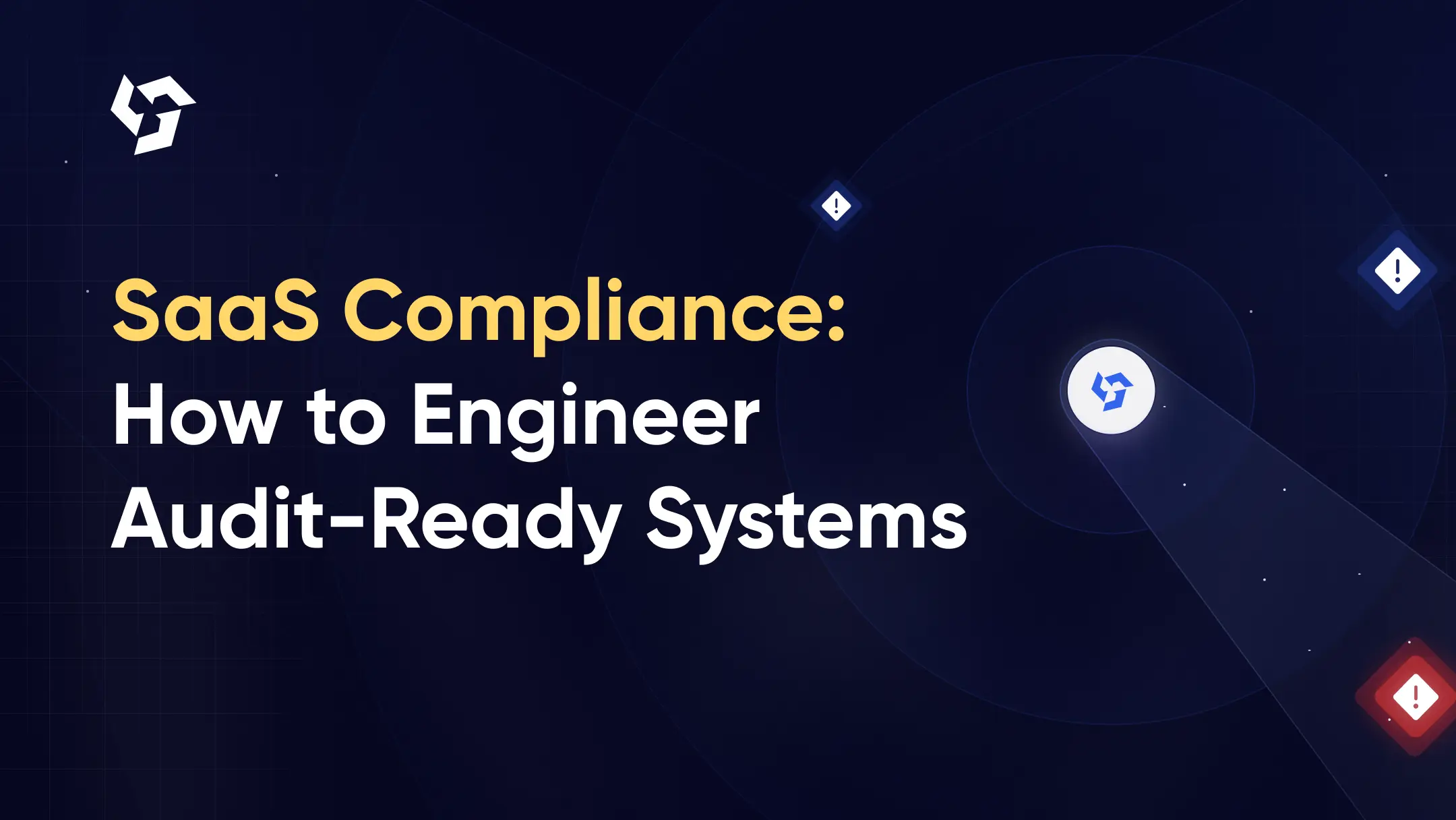

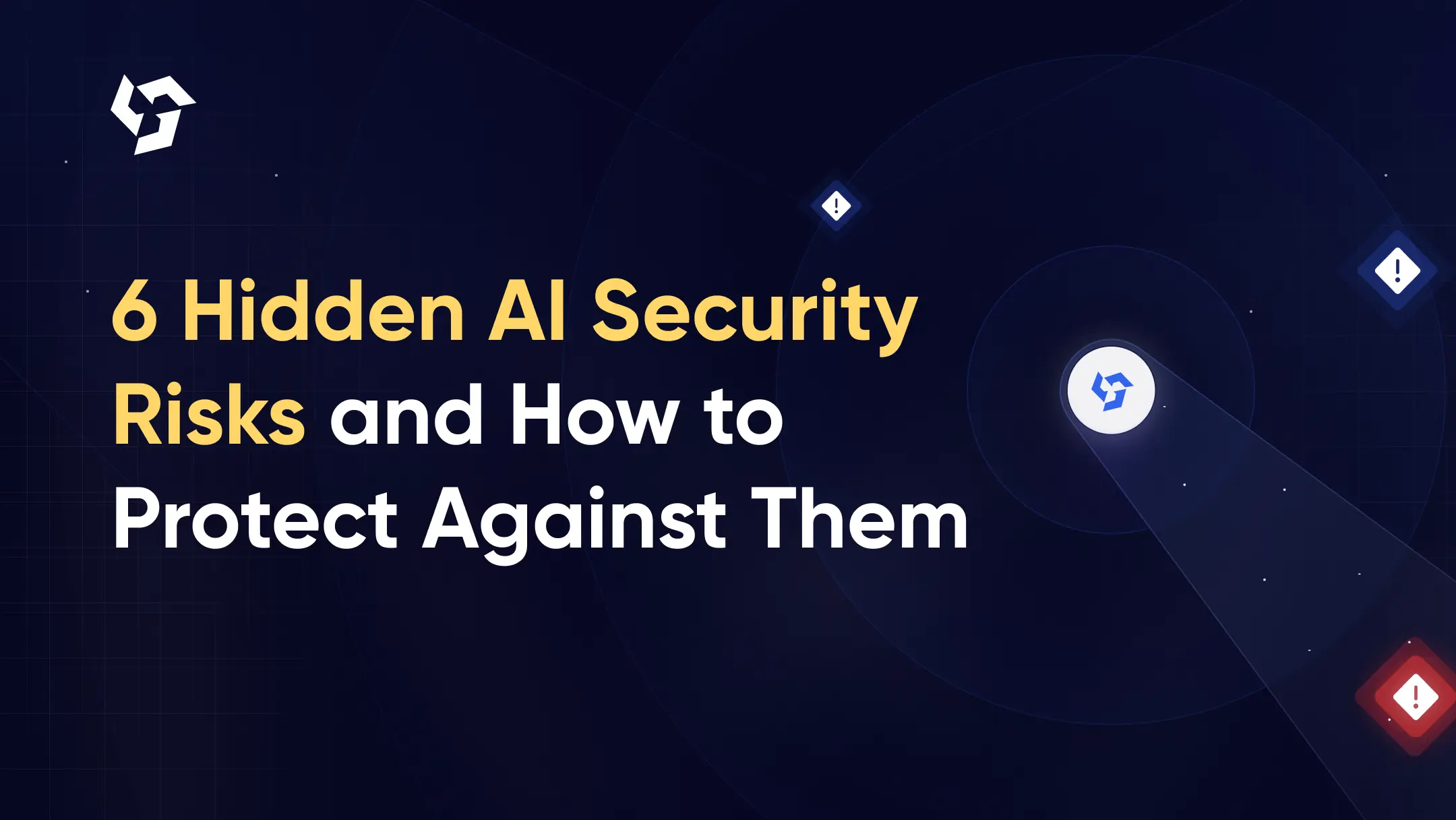
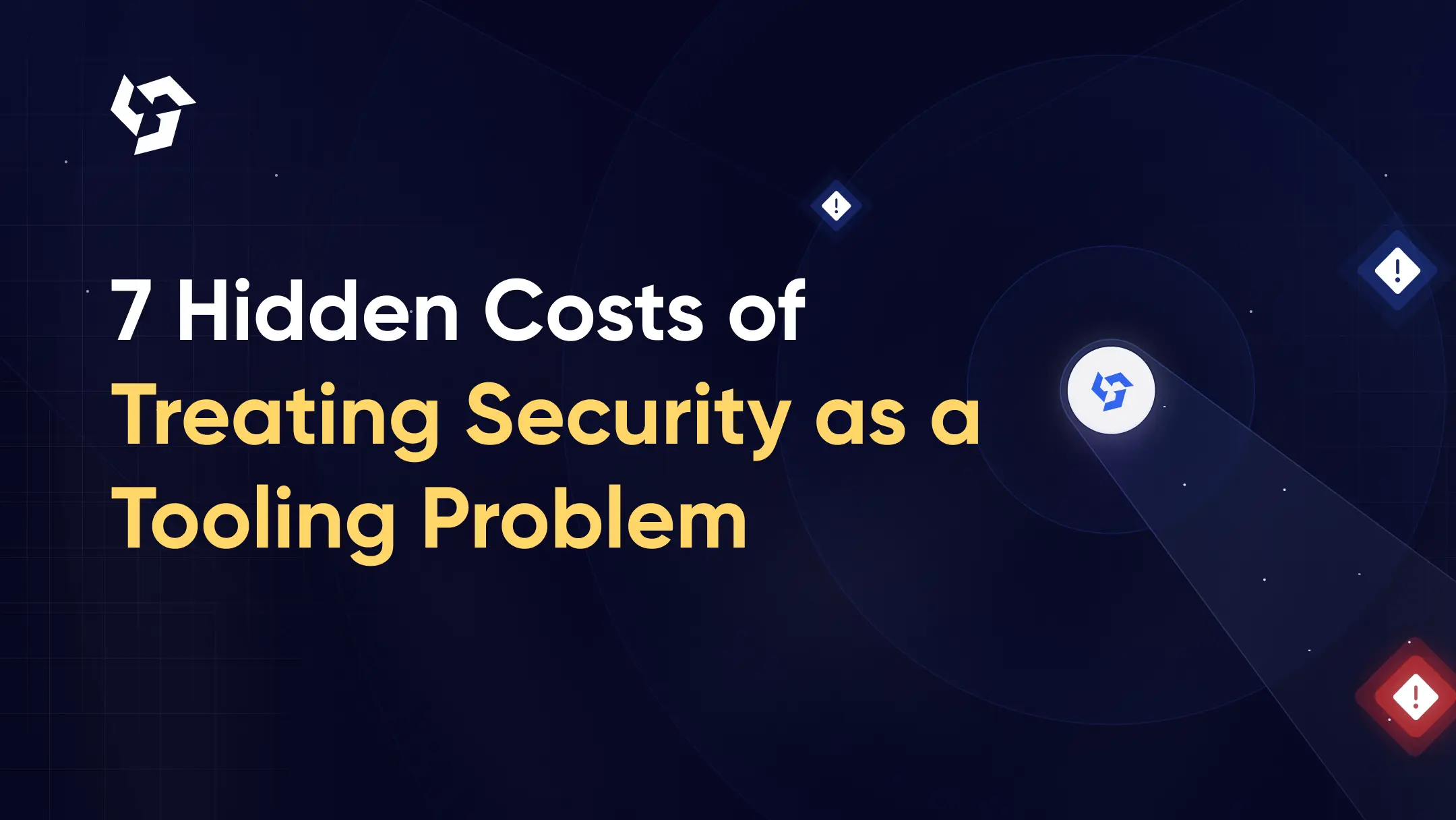

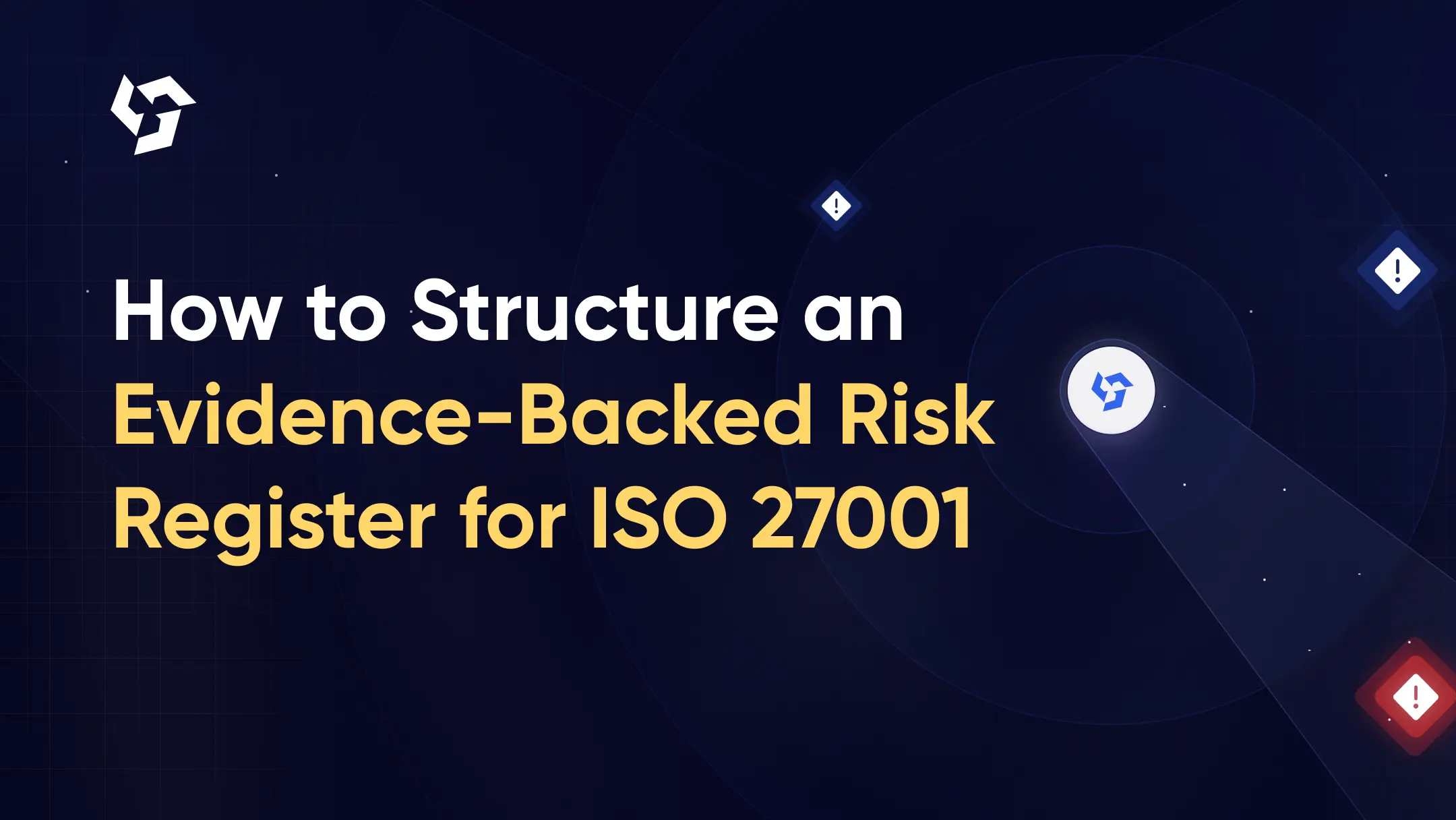
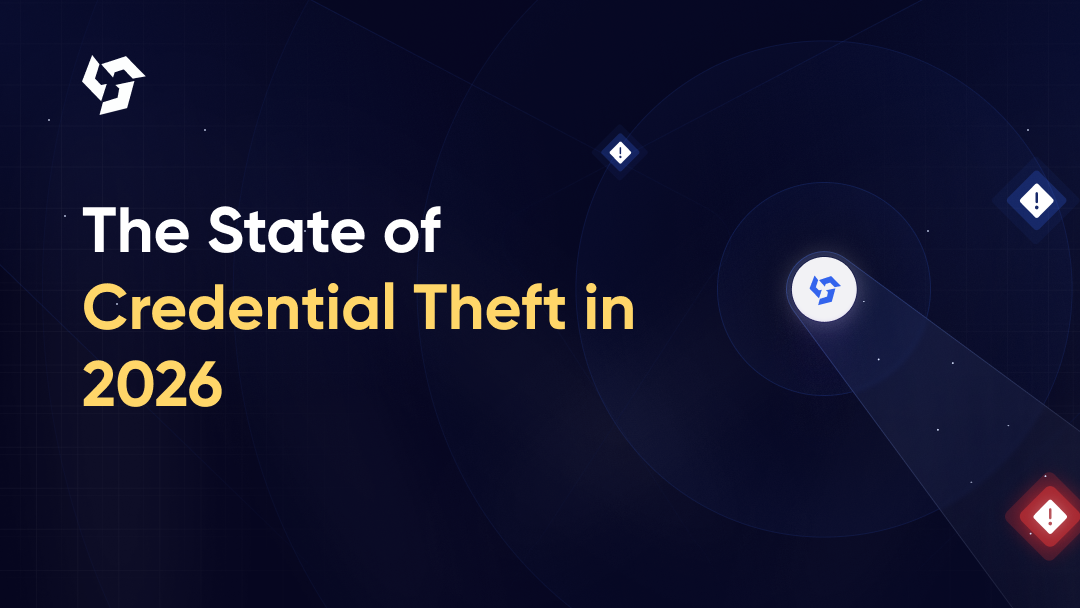

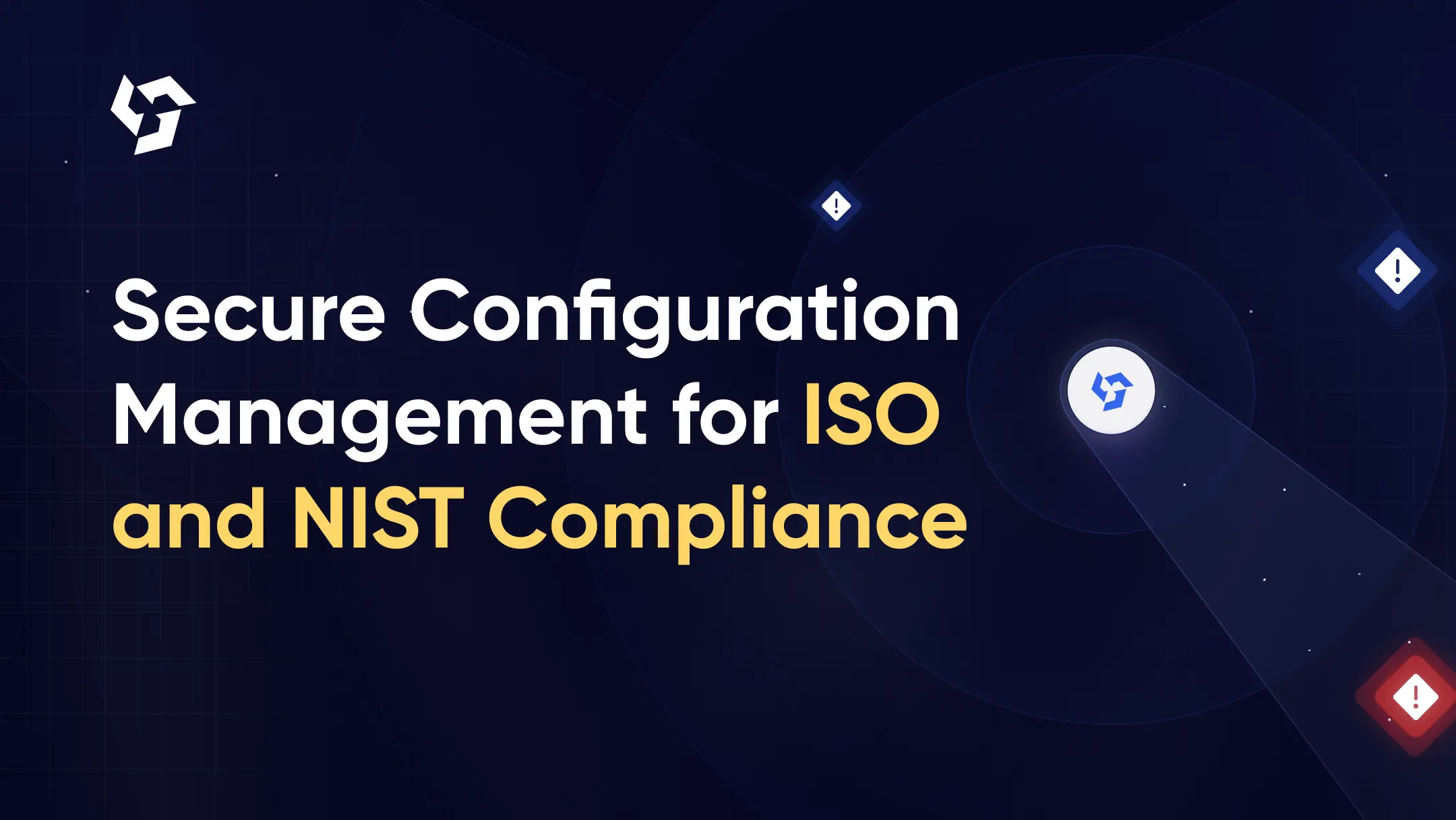
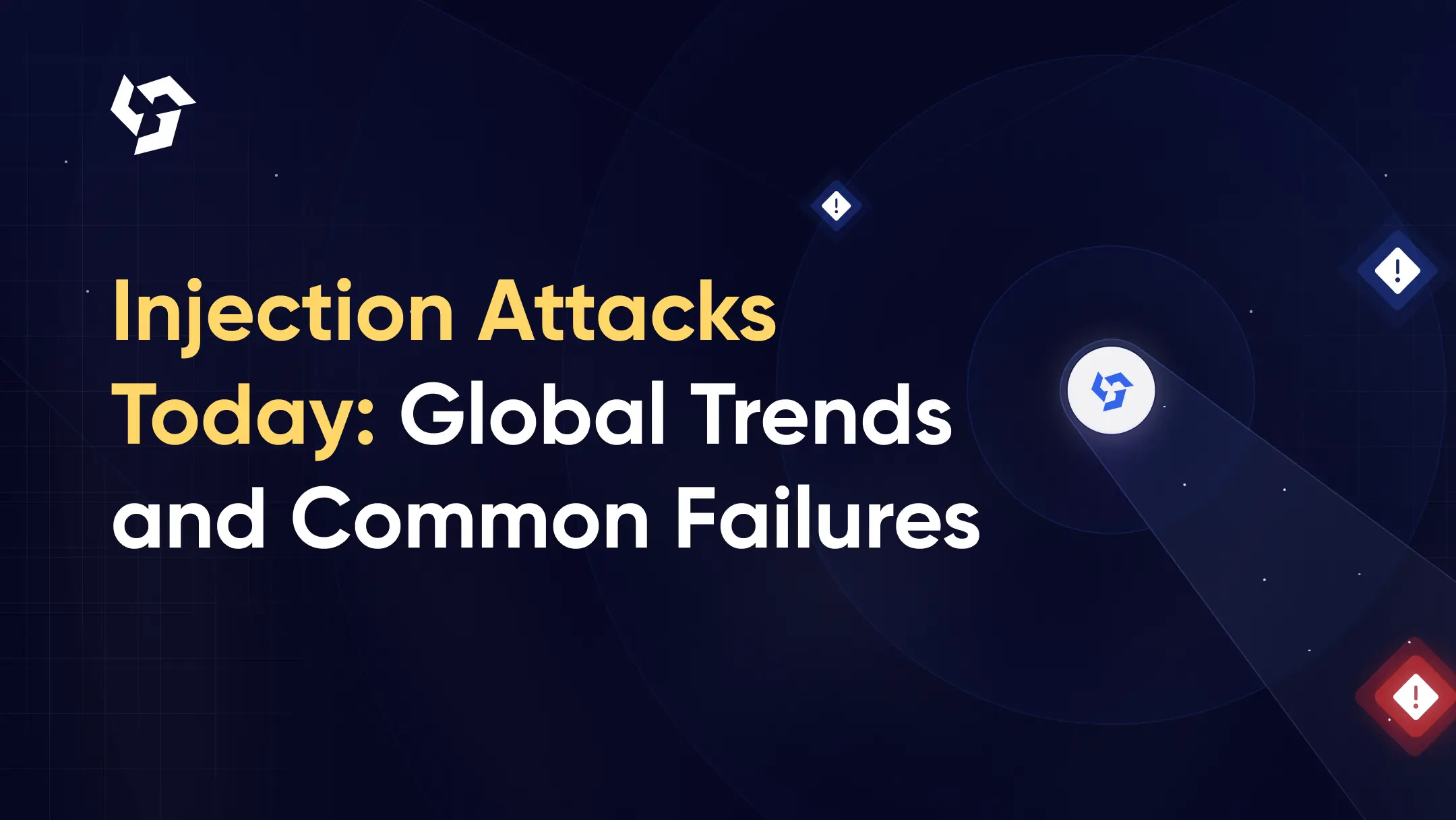
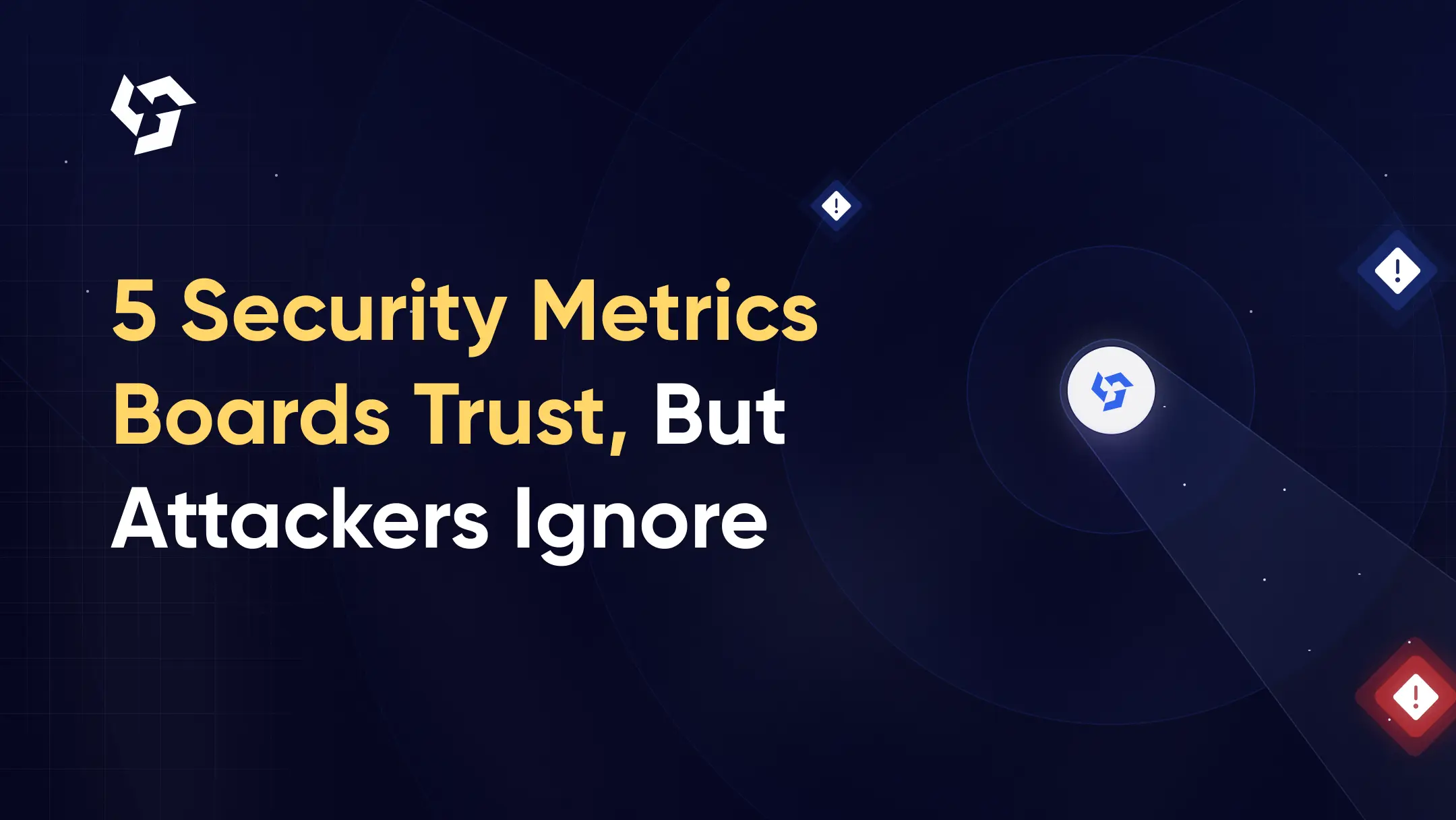
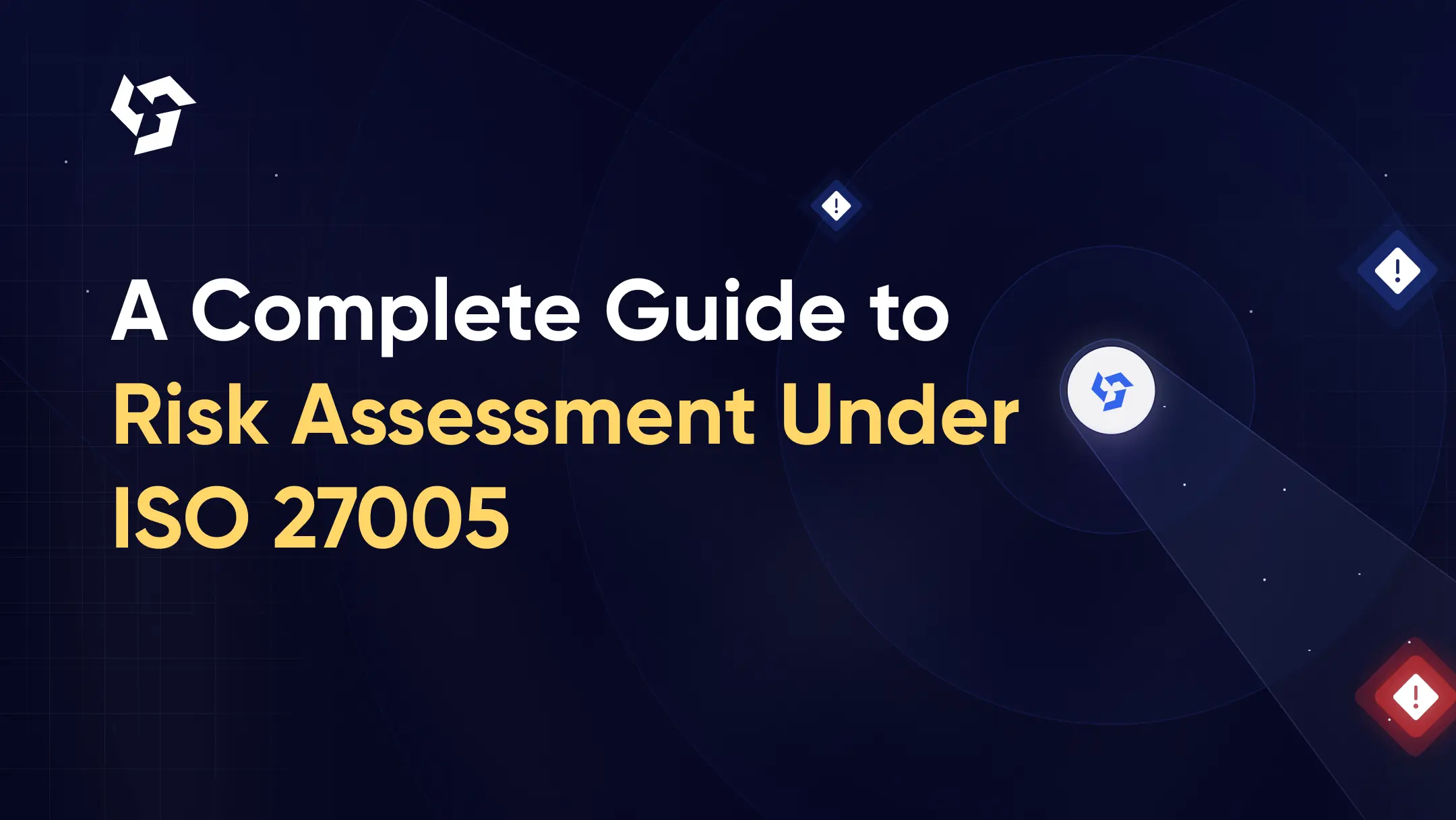
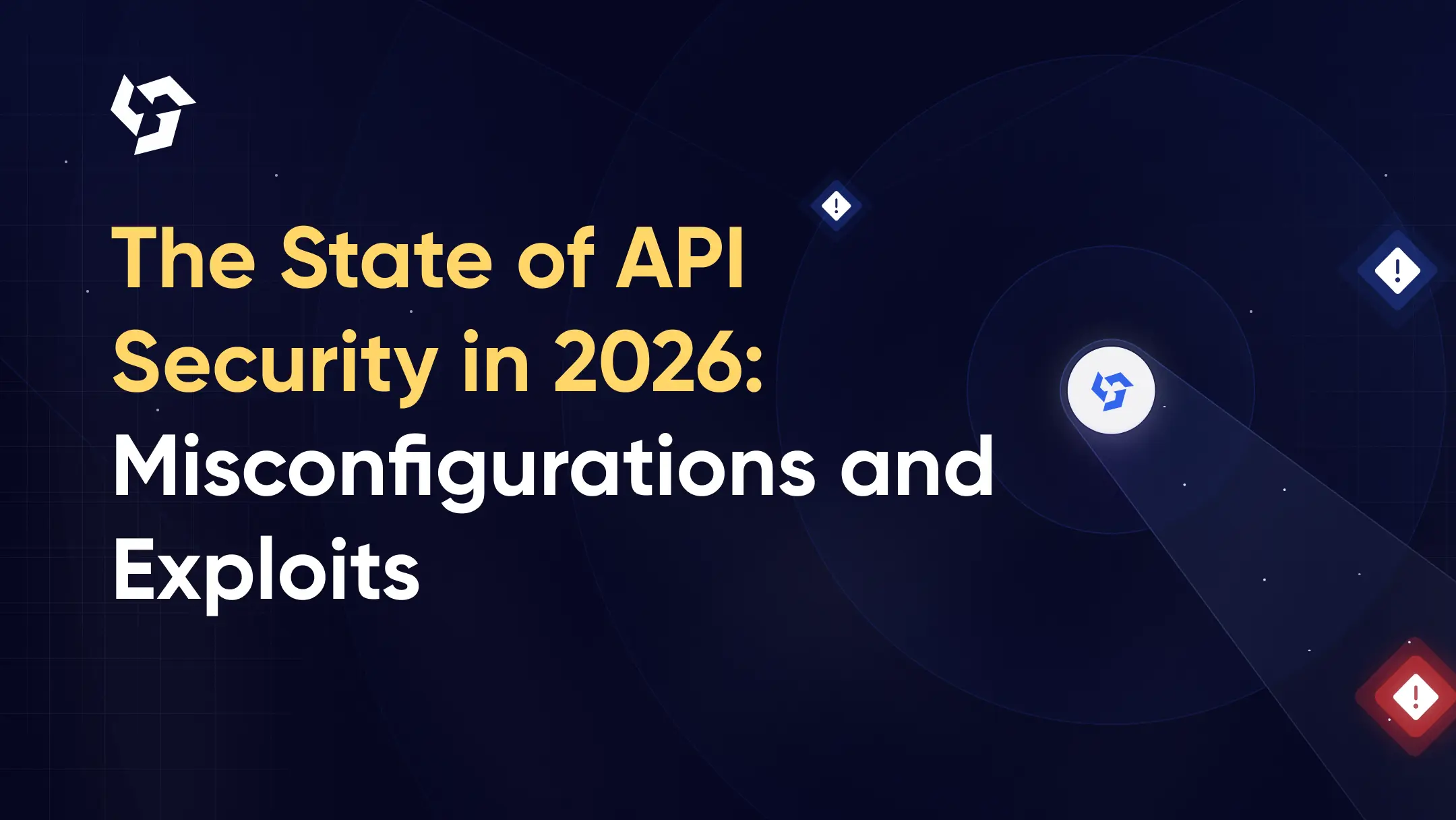

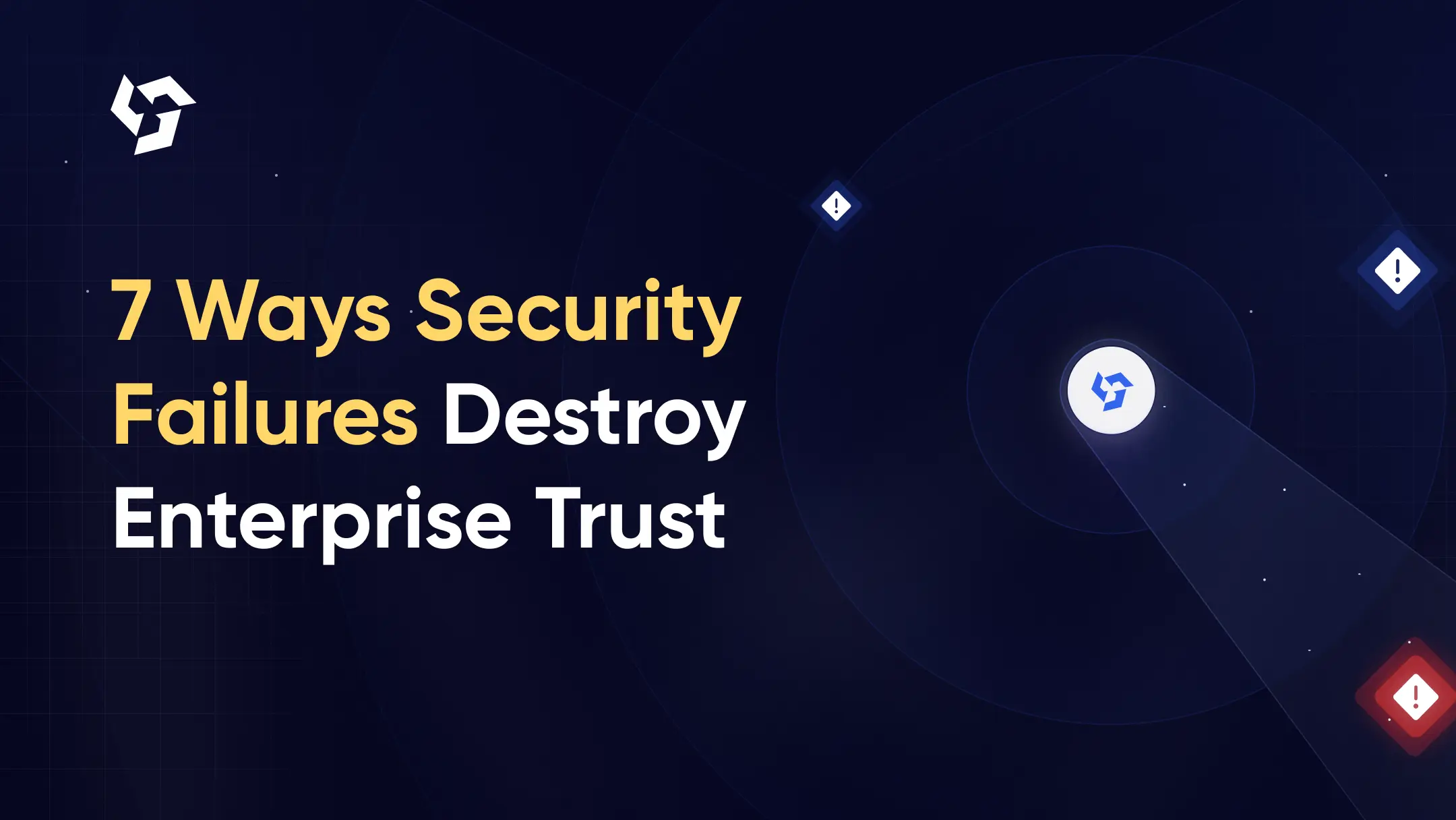
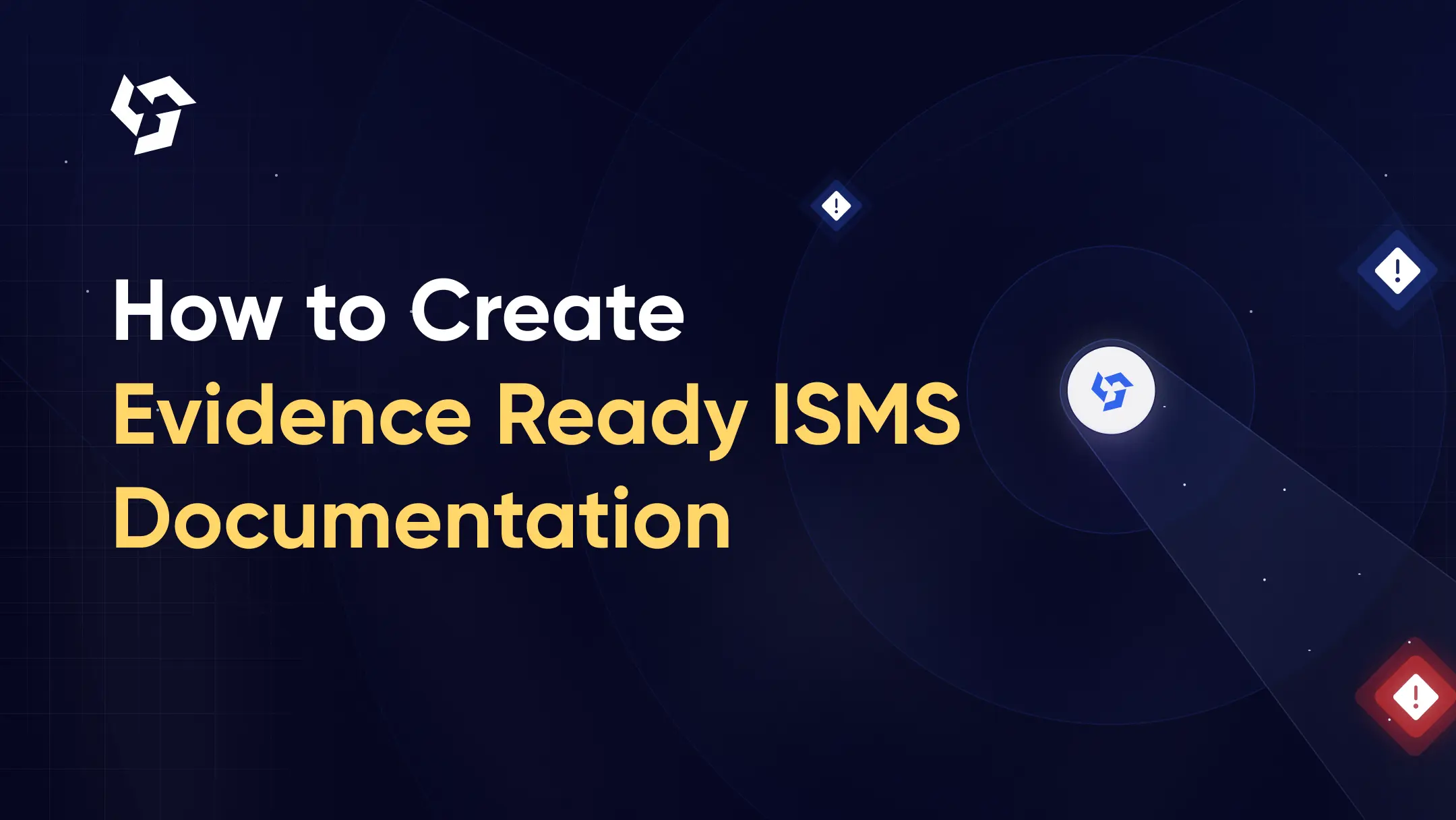
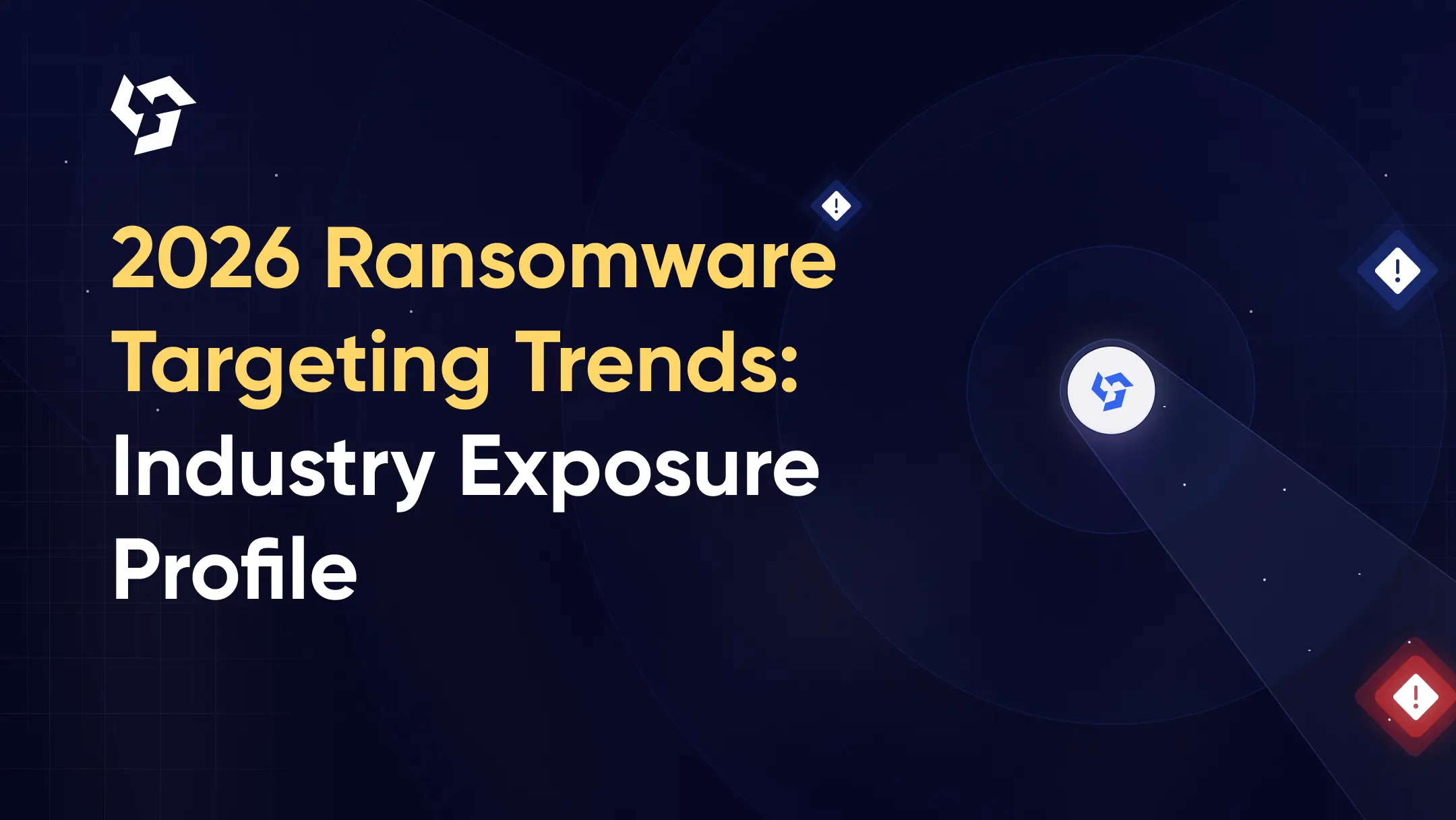

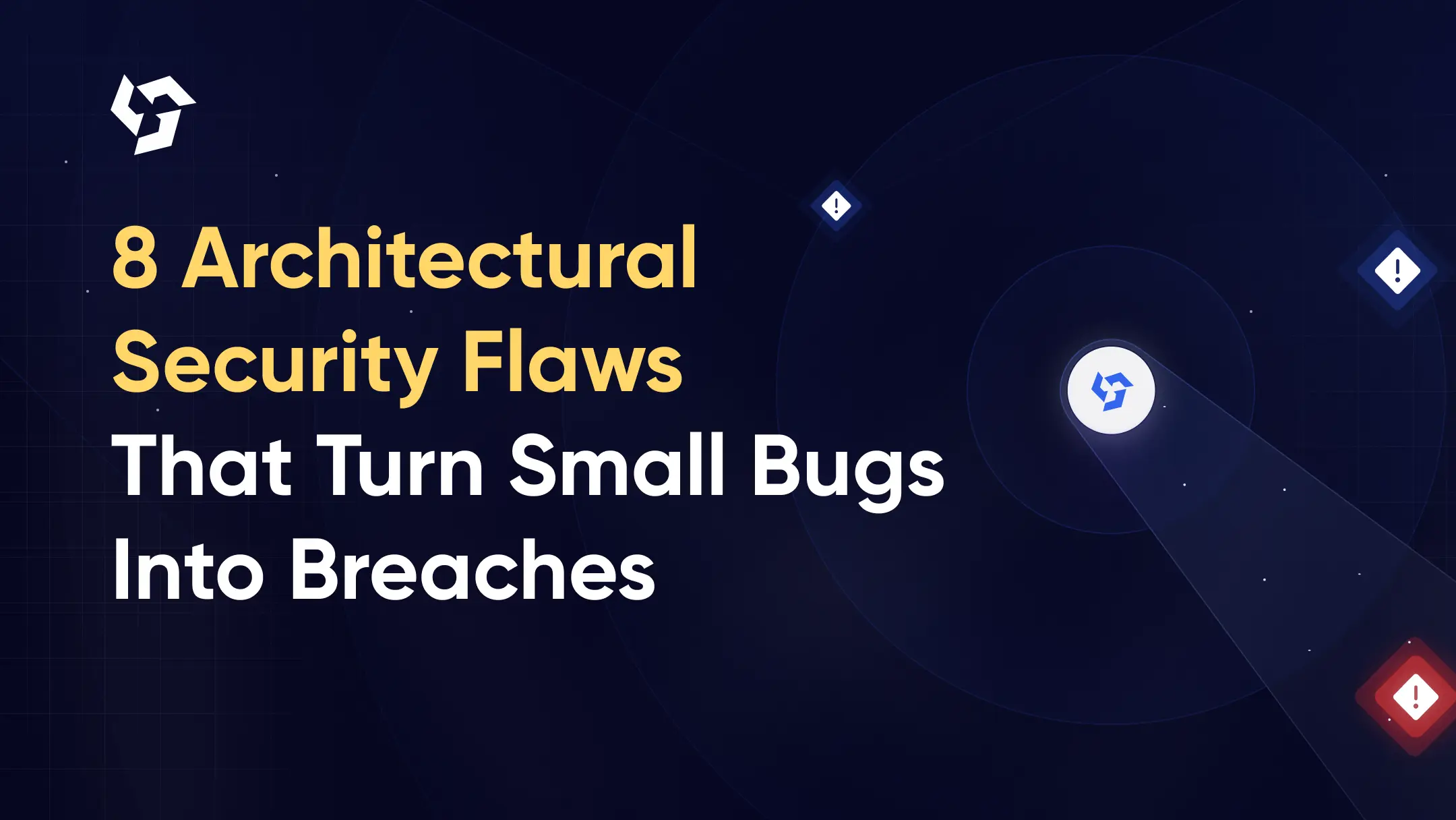
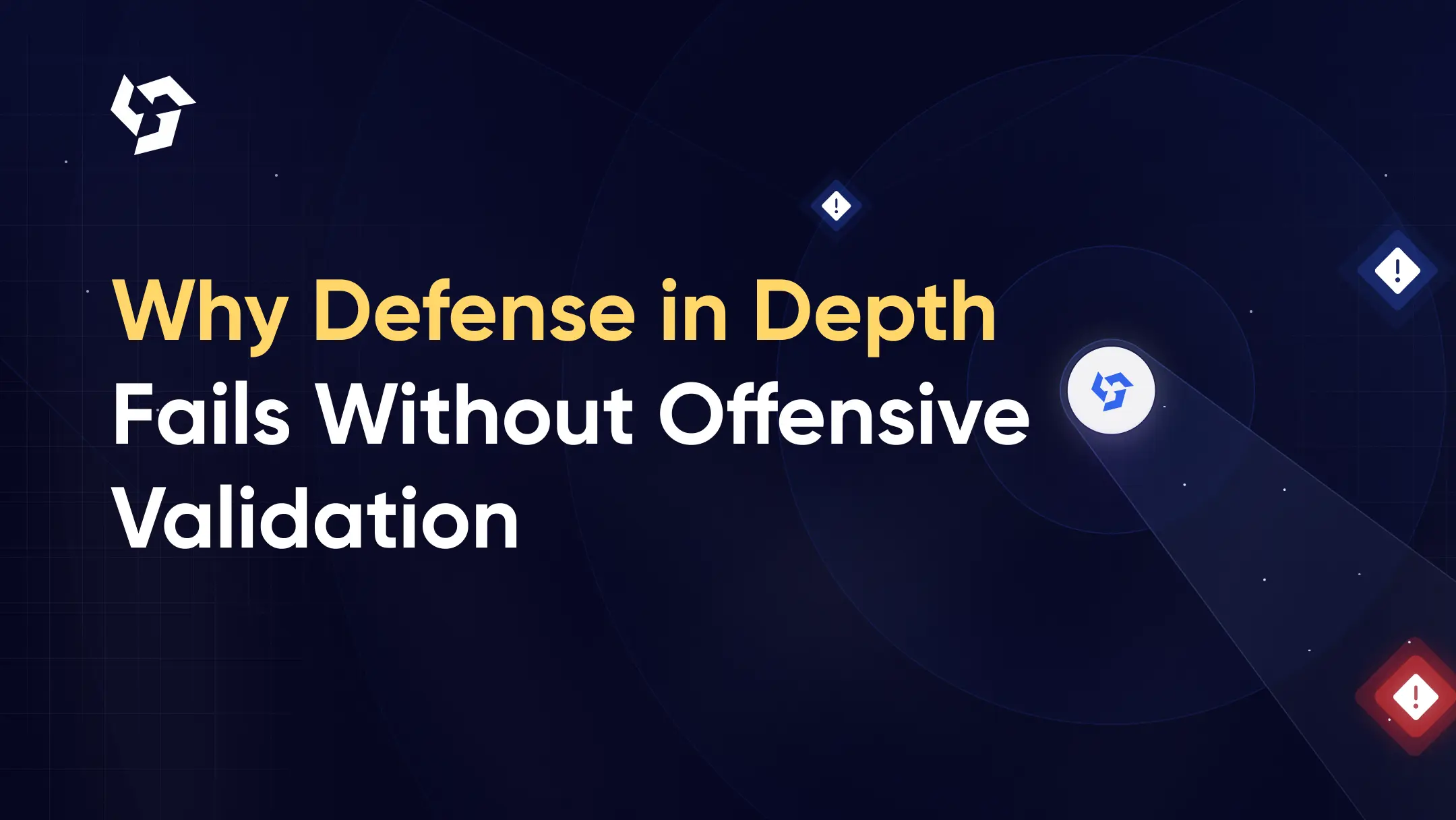
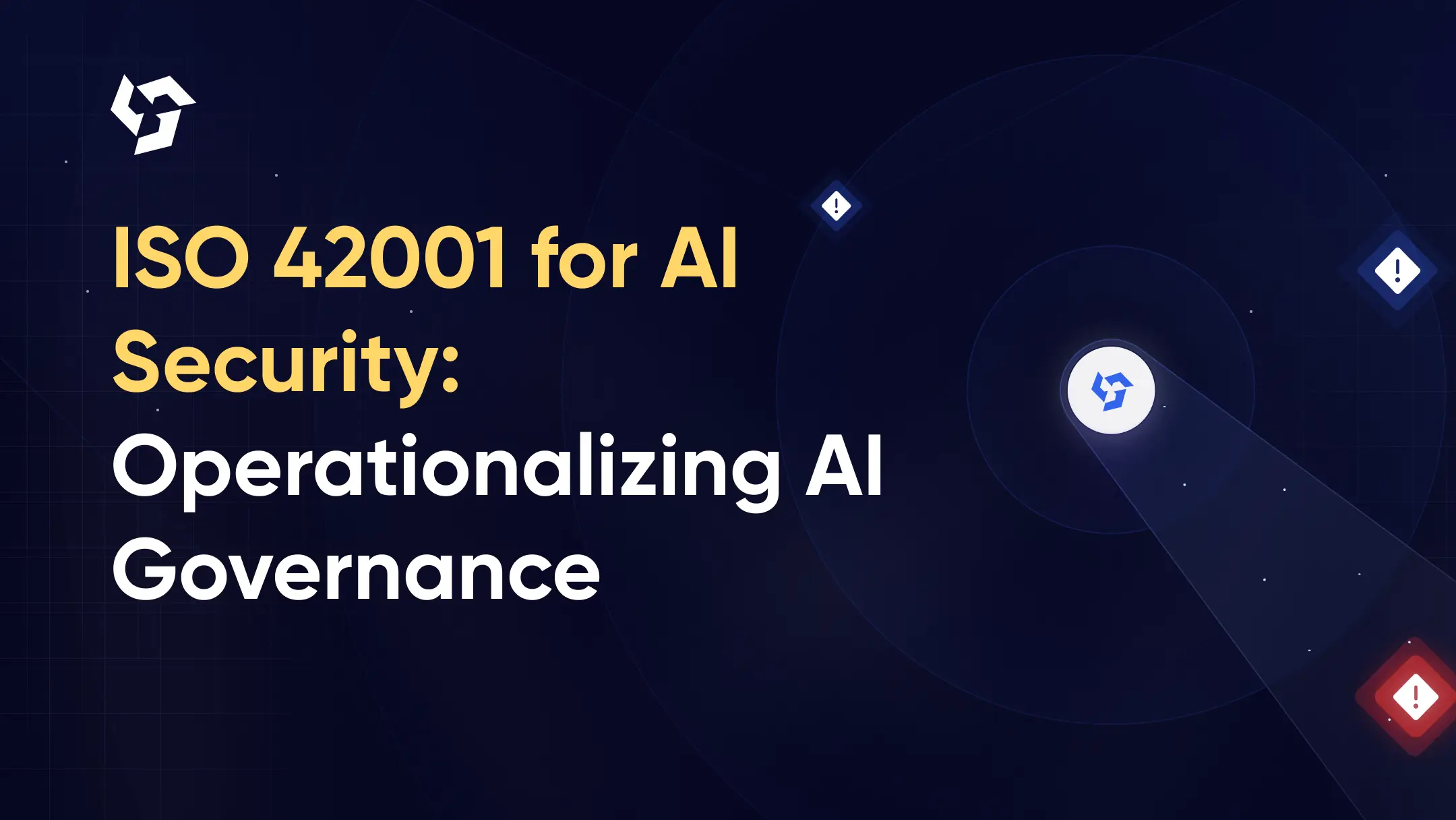
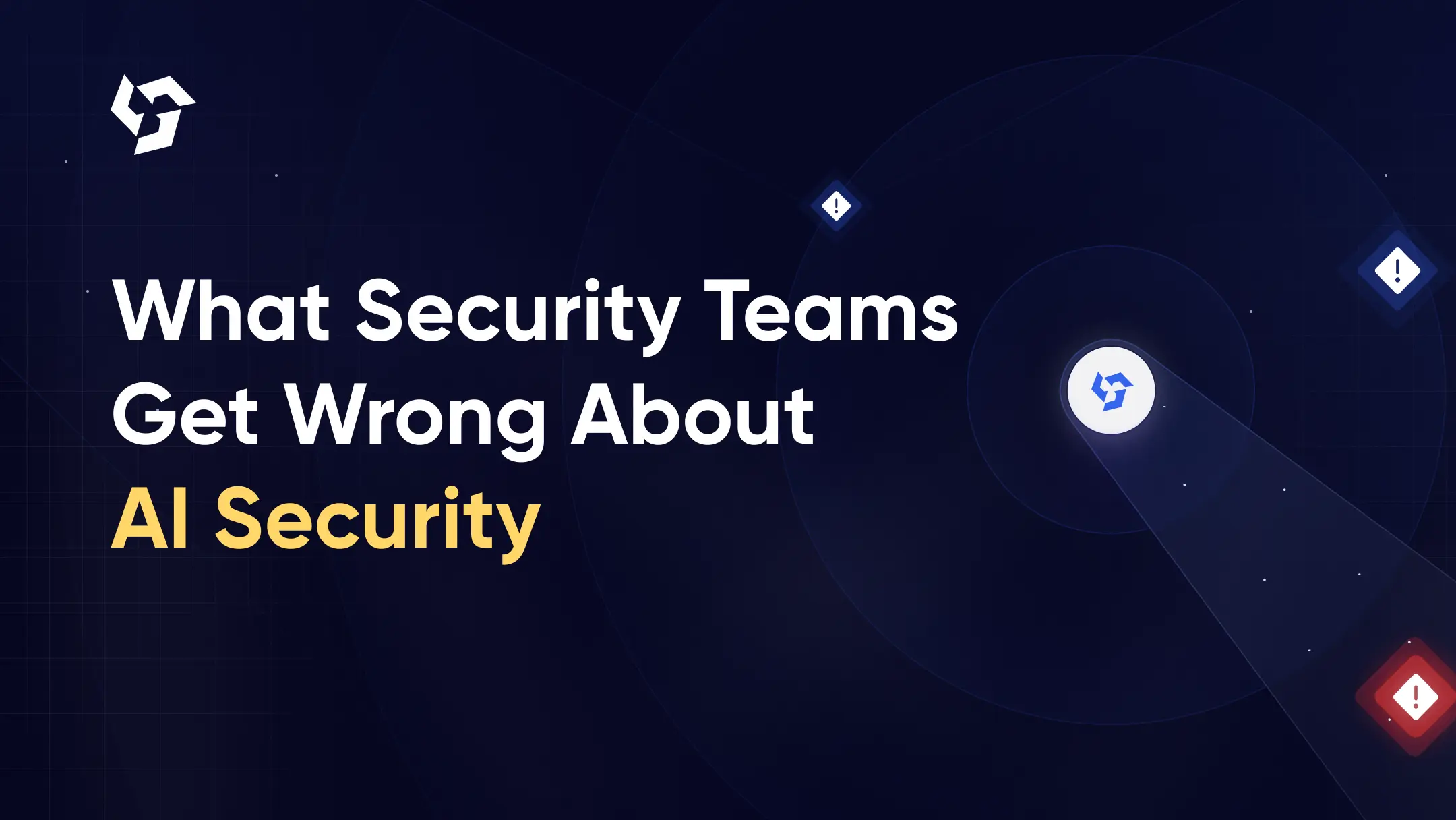
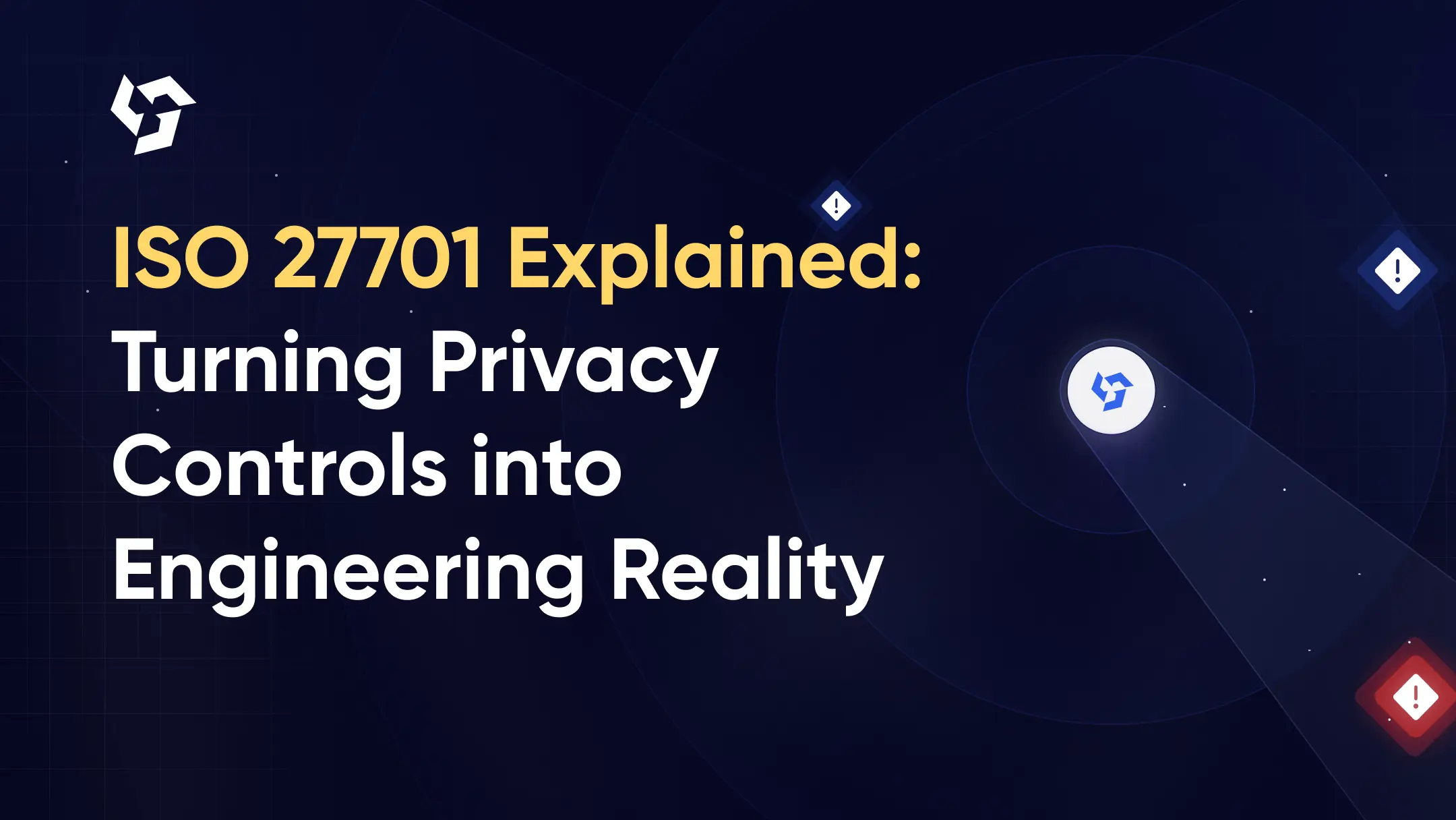
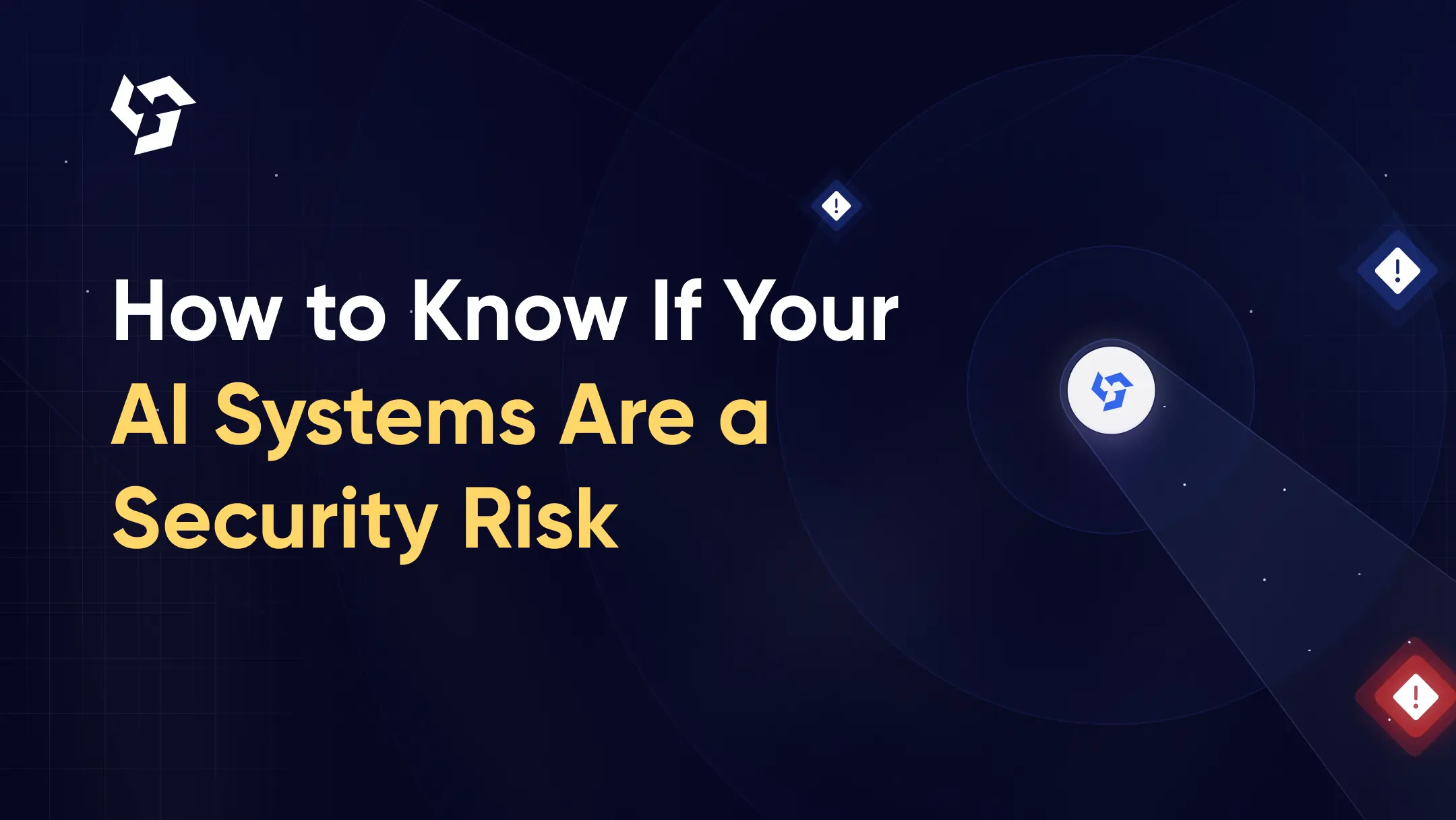
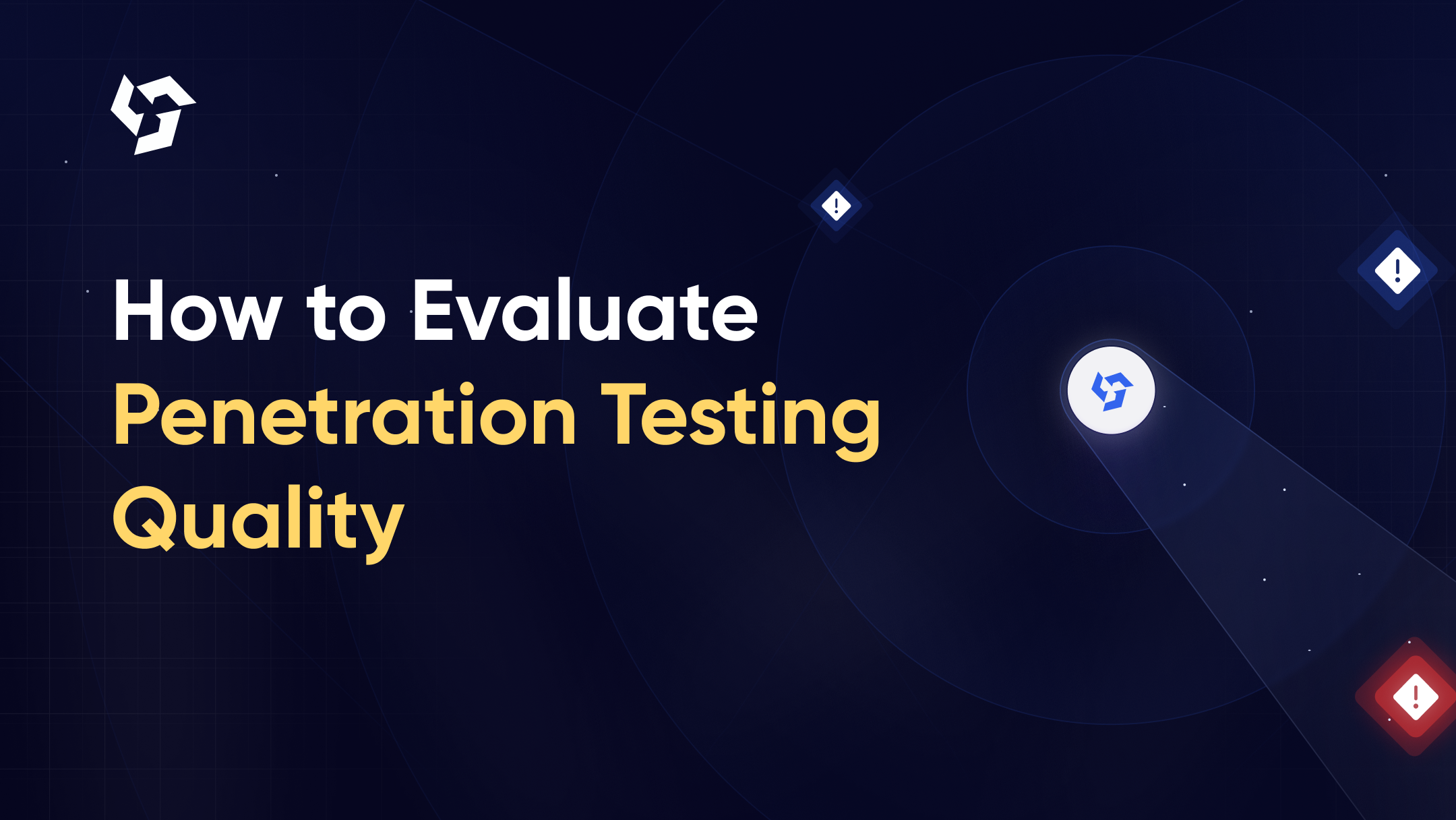
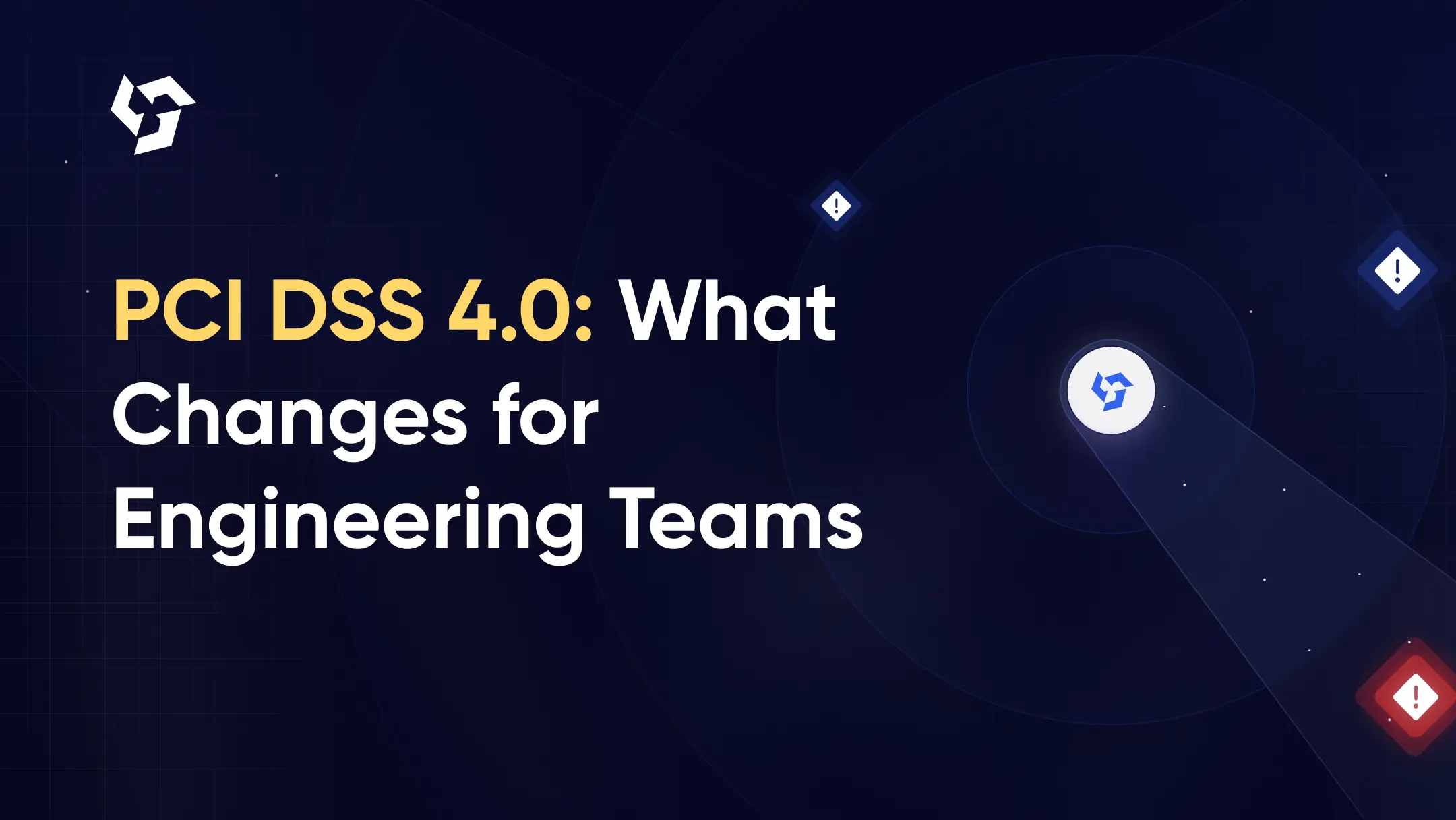
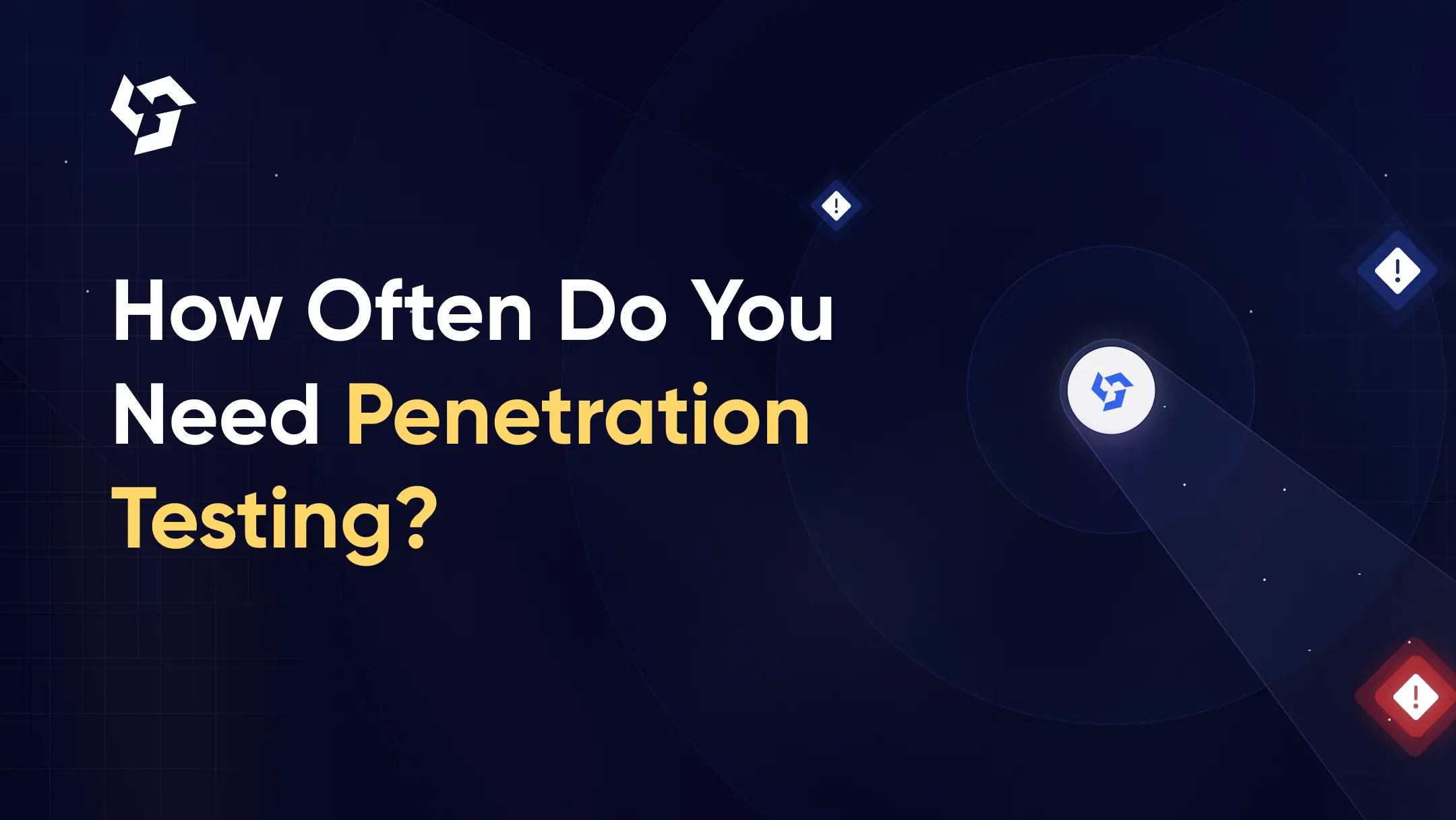
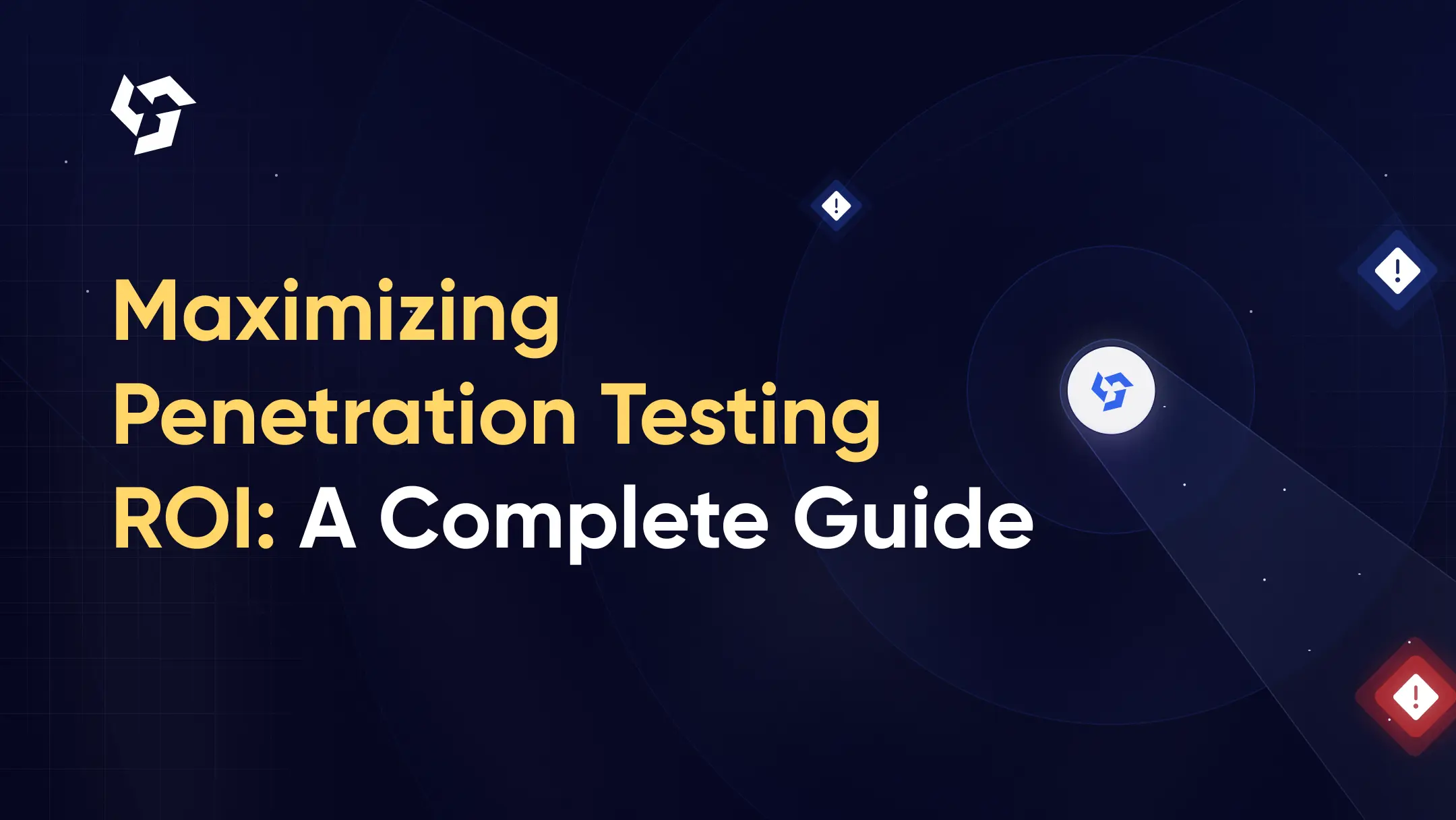

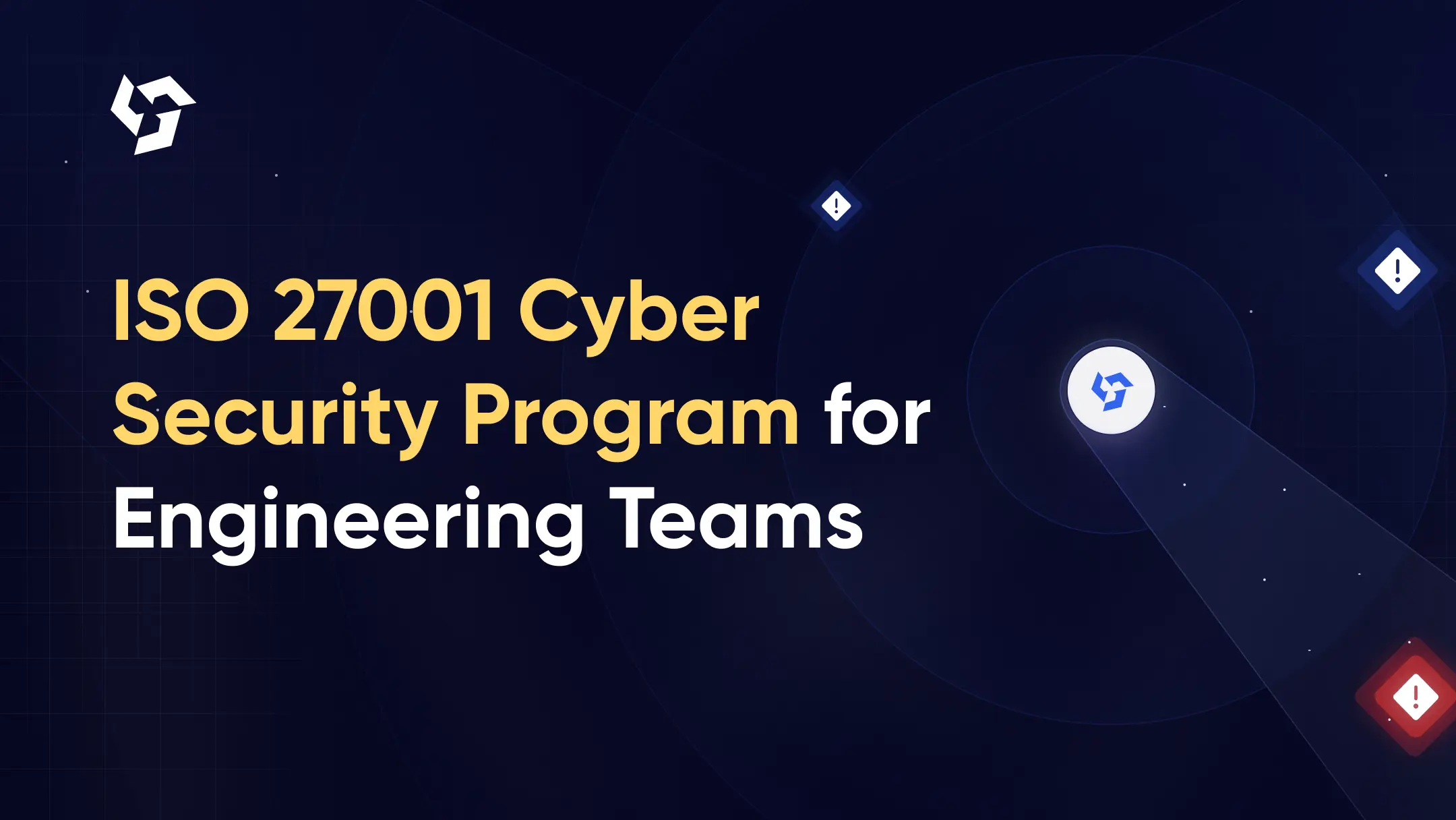
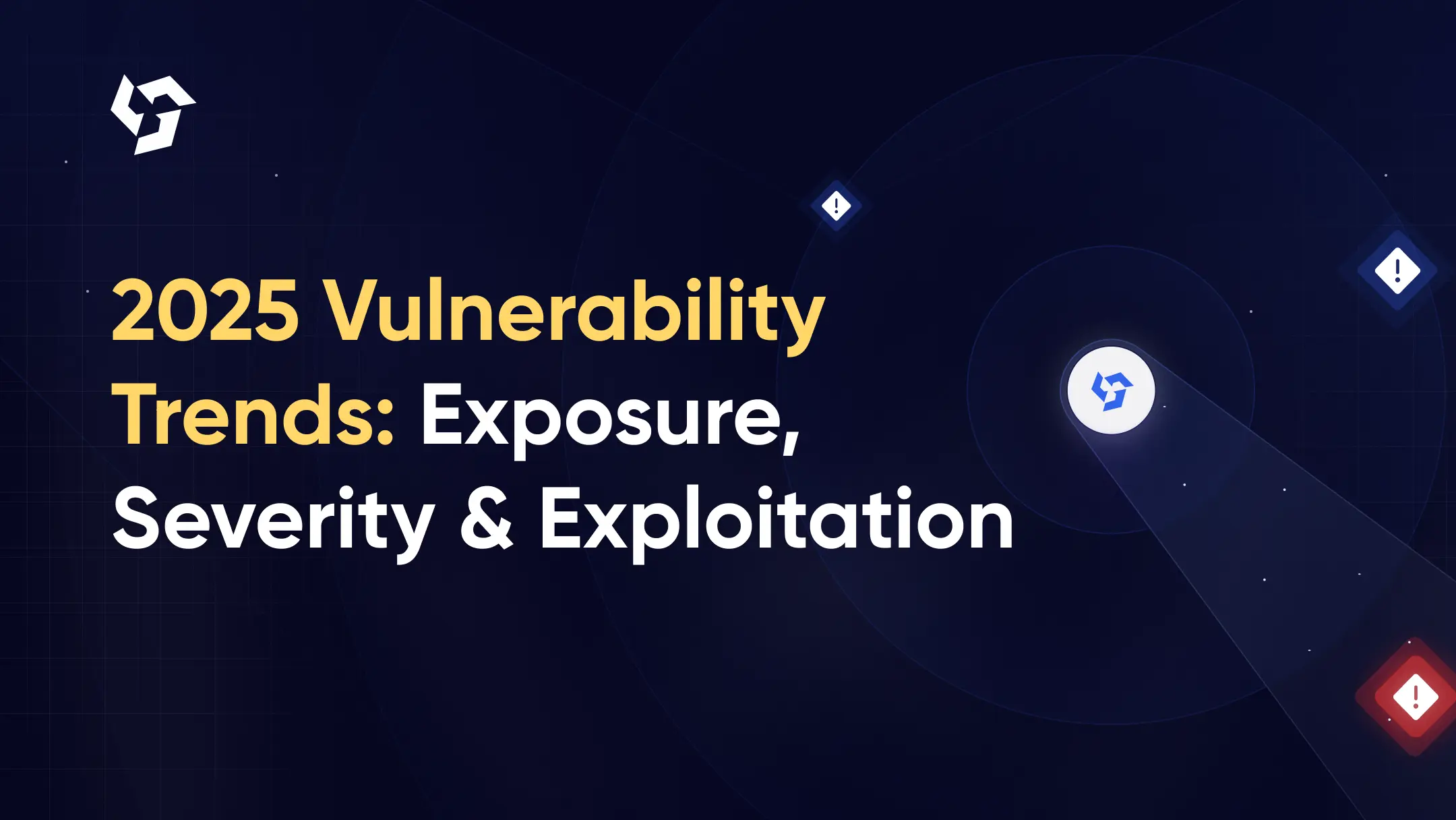
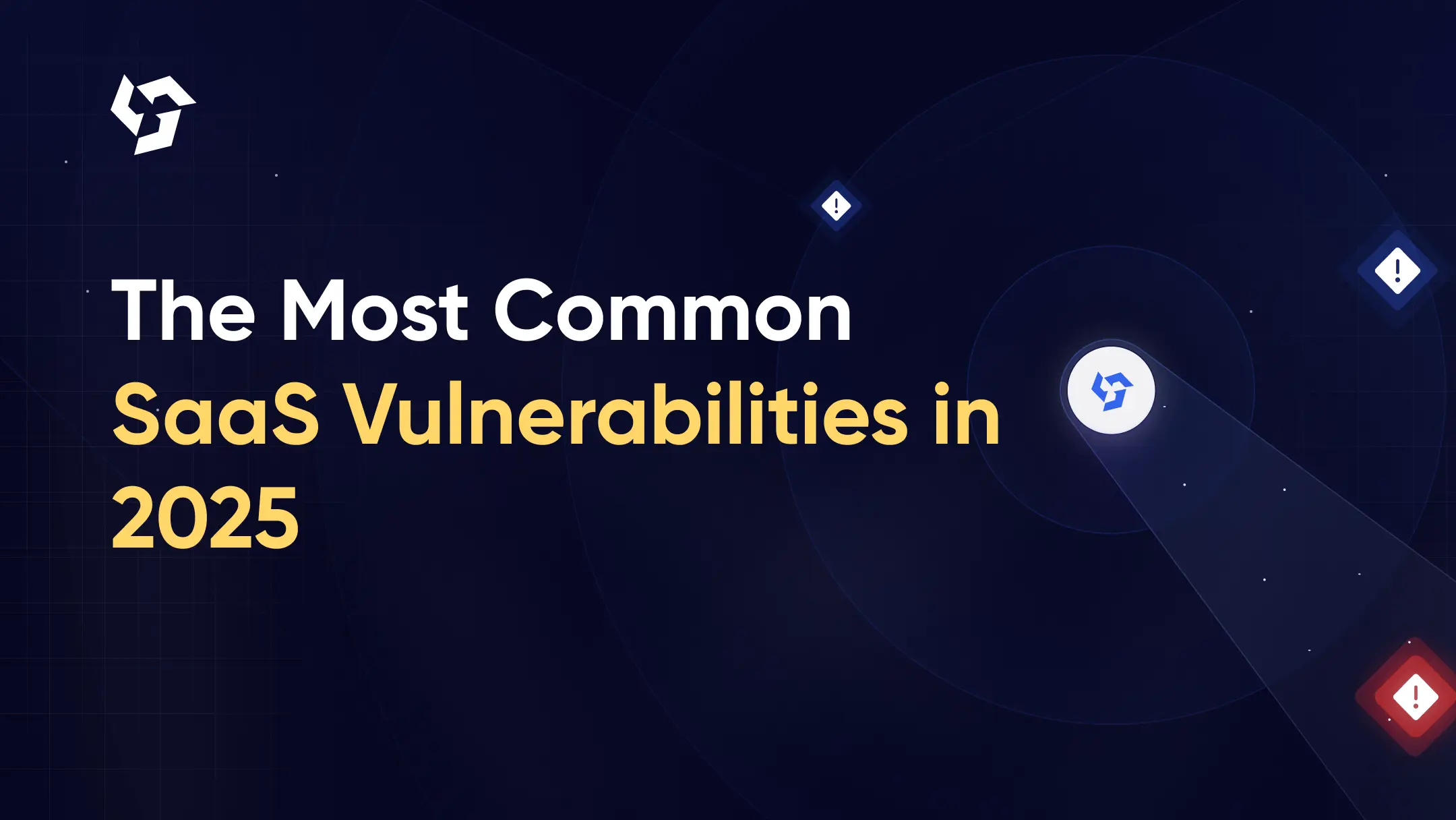








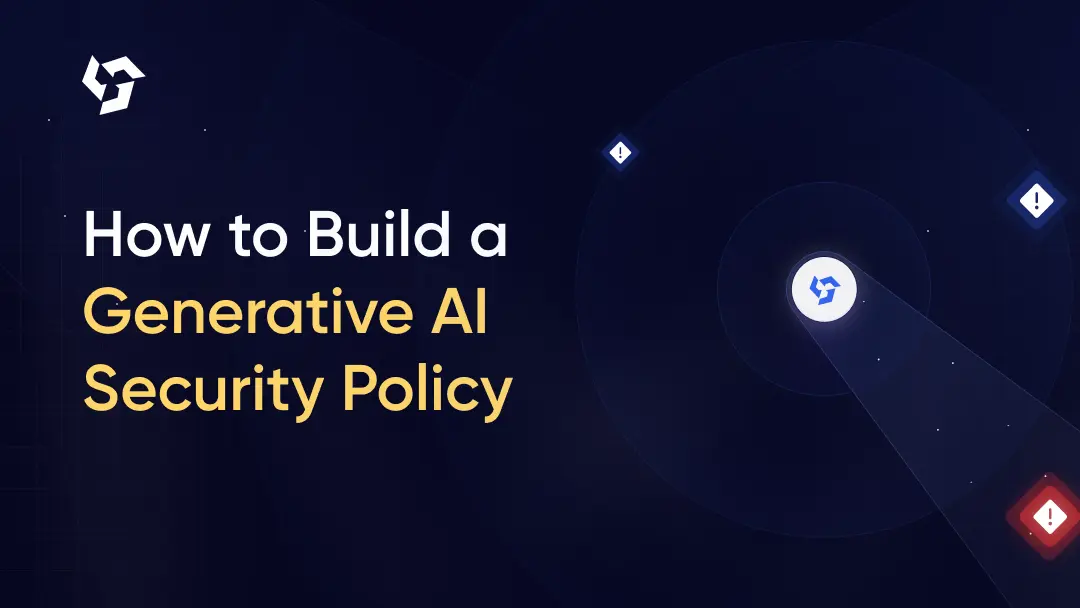
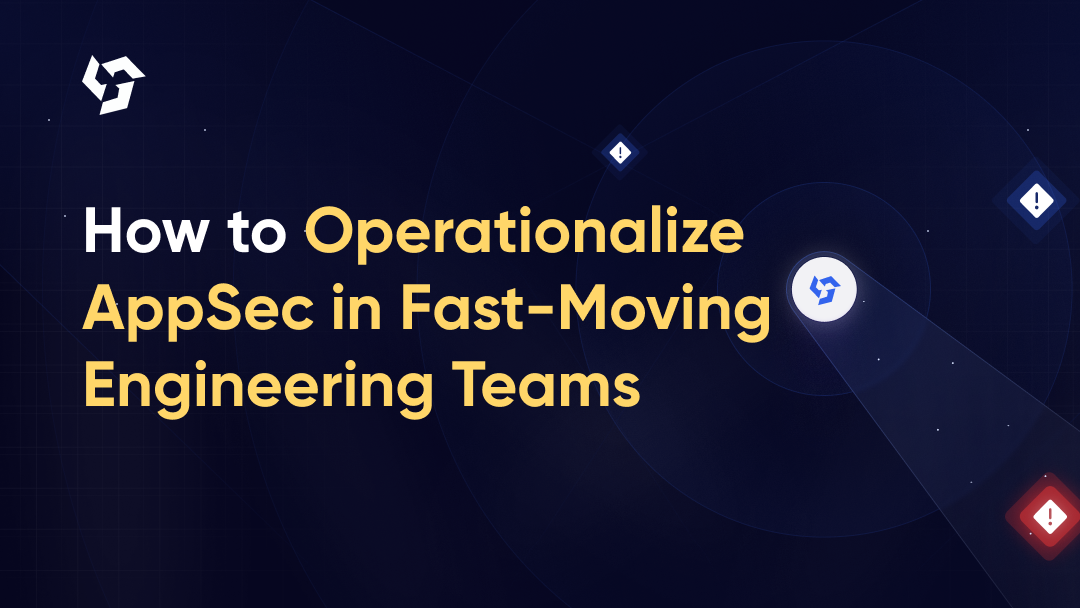

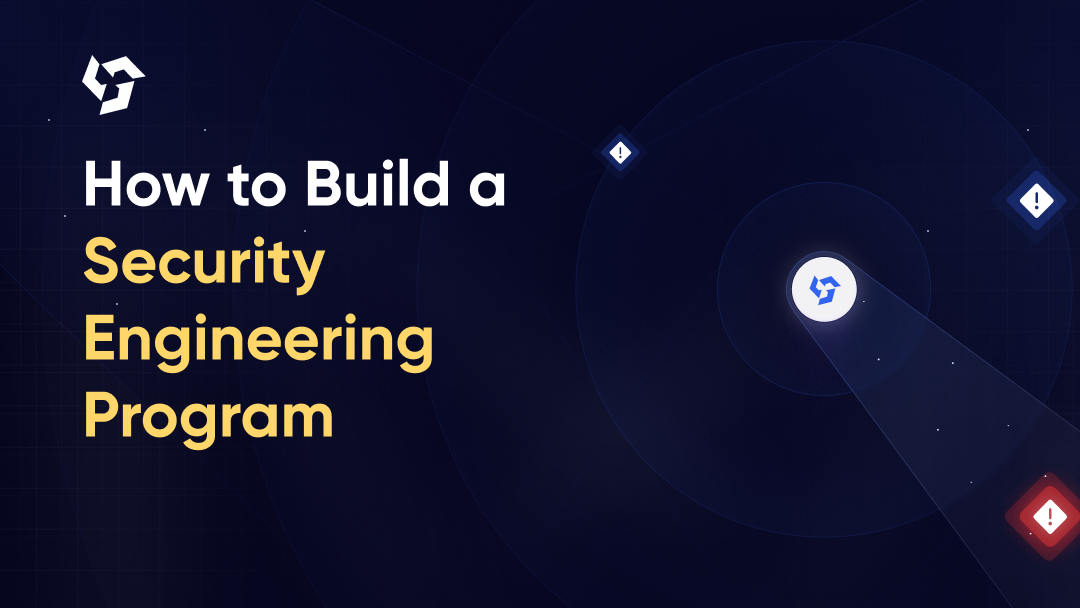

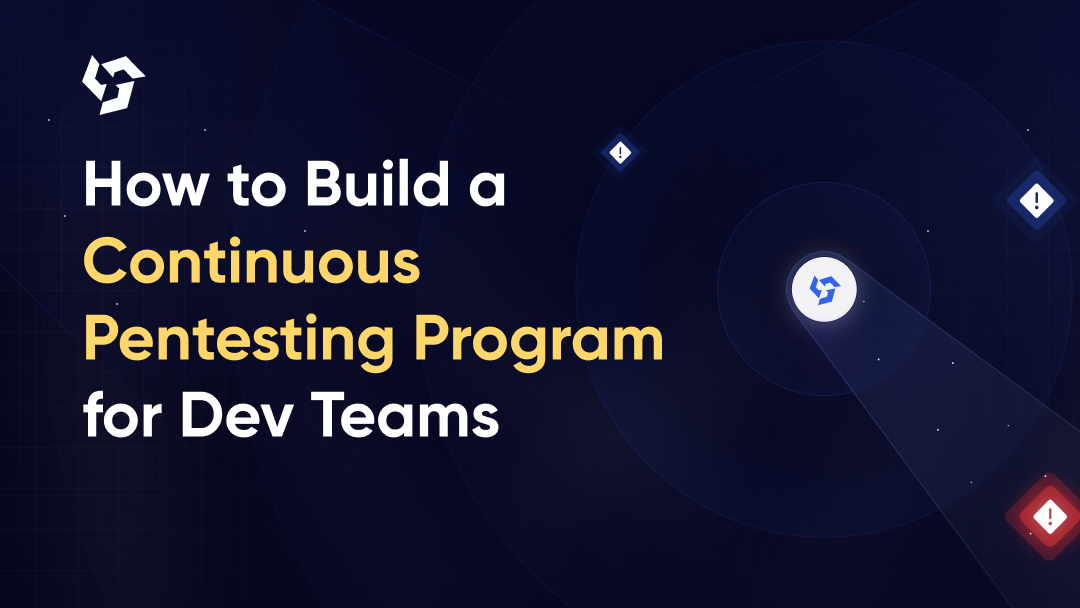




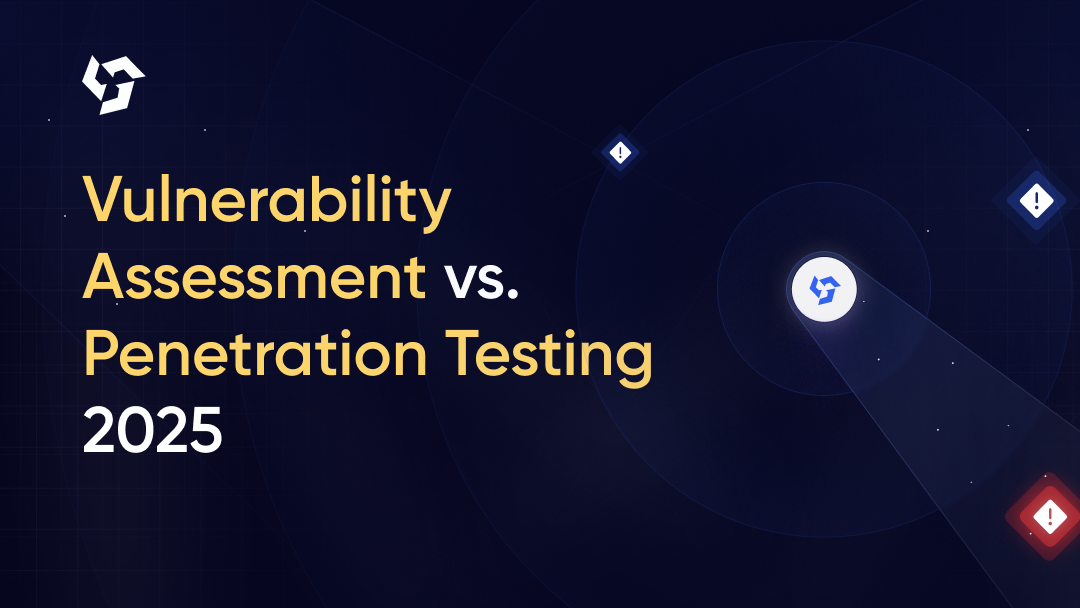

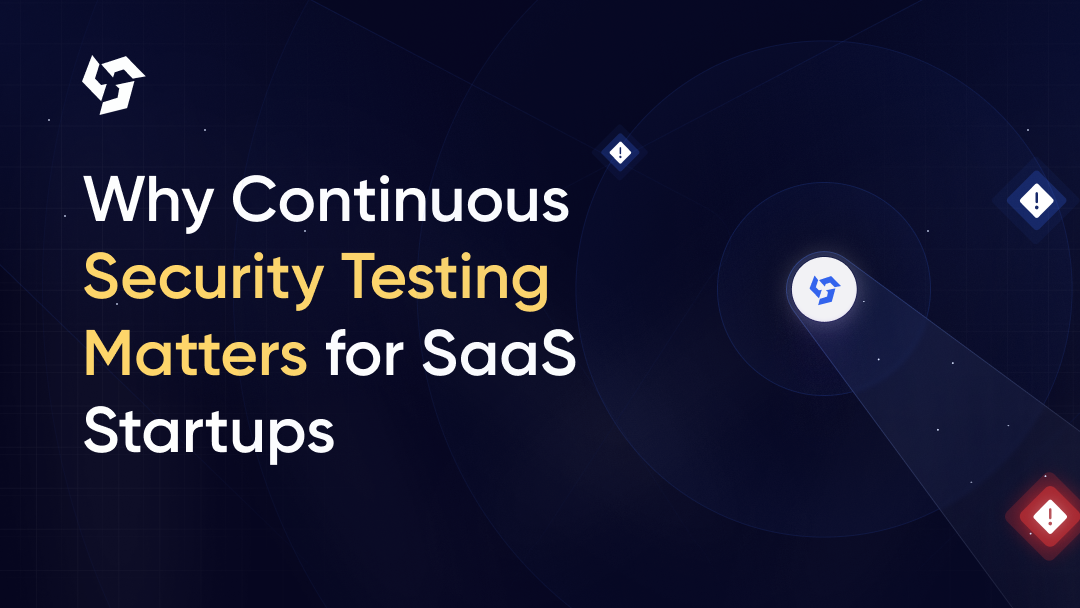
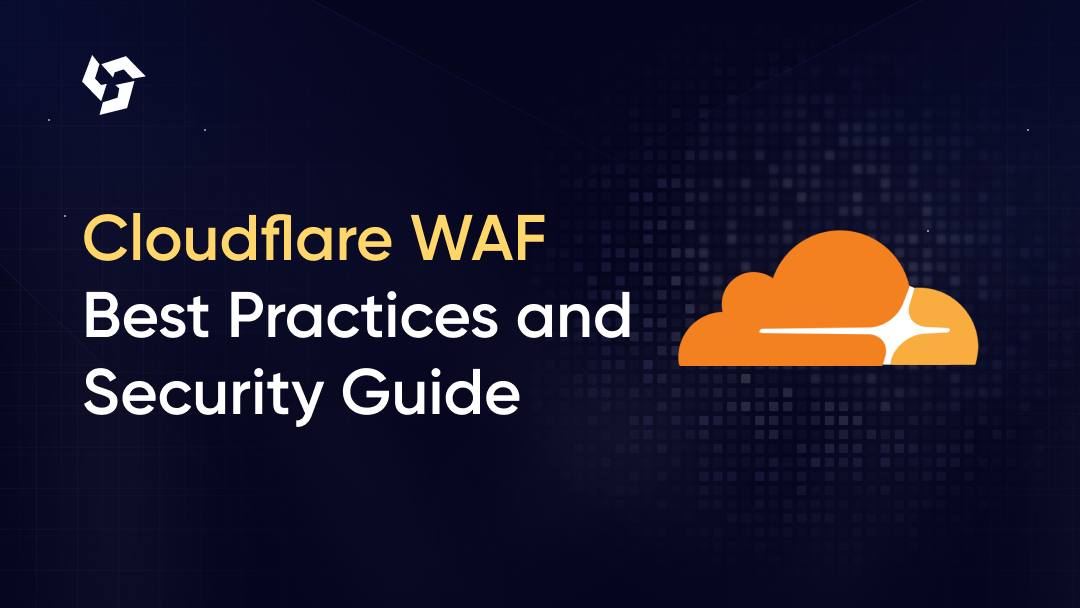

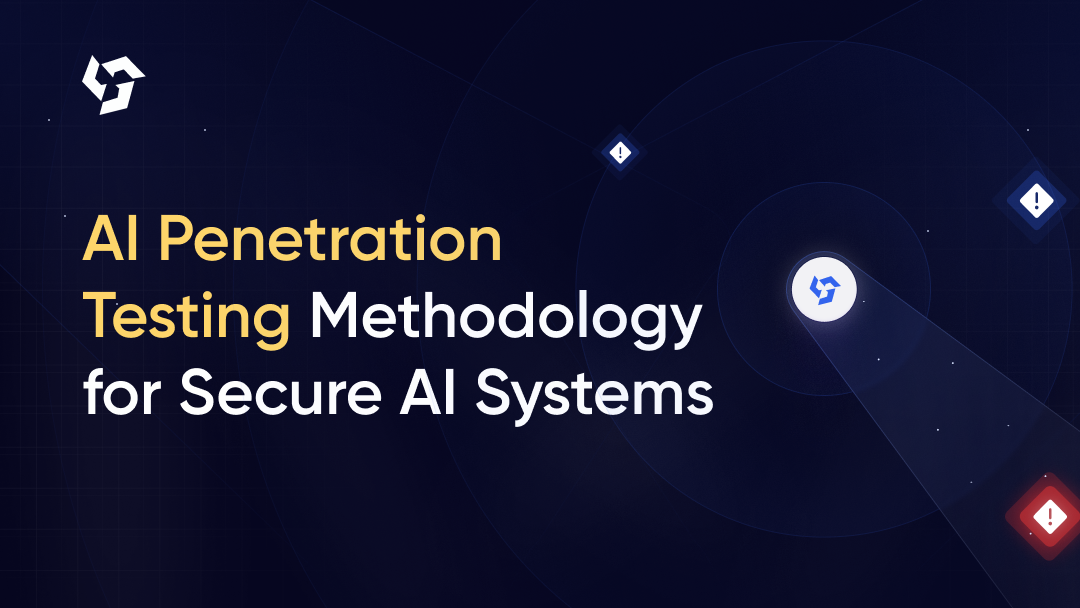
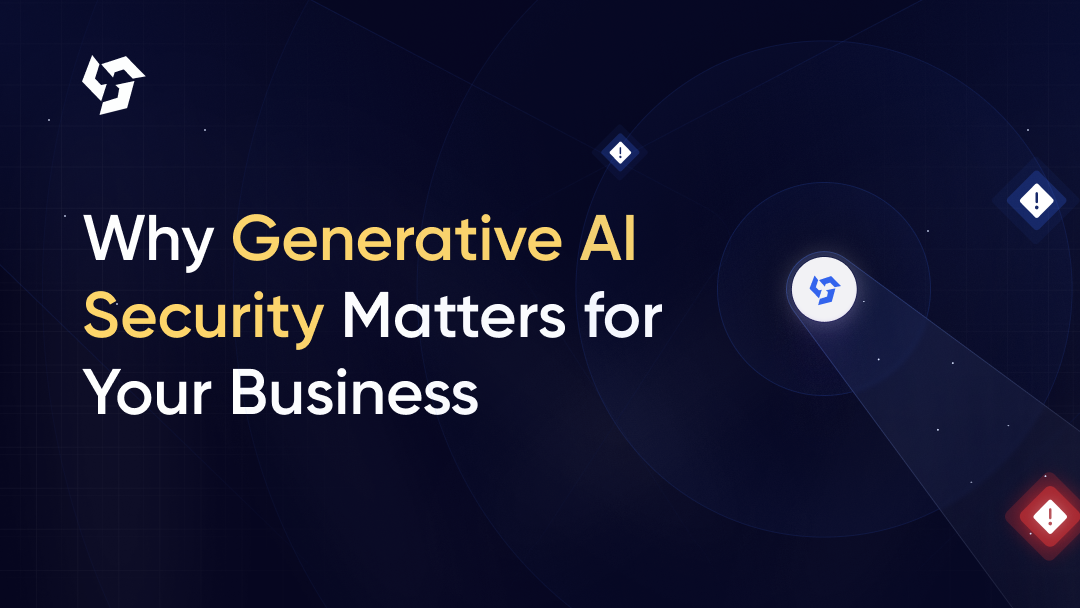
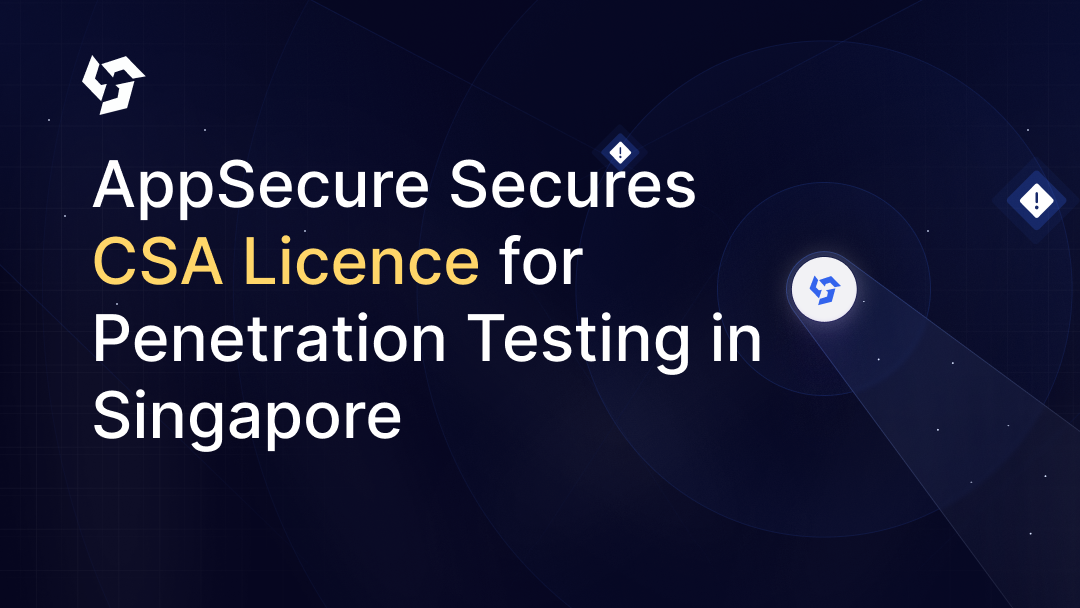
.png)
.png)
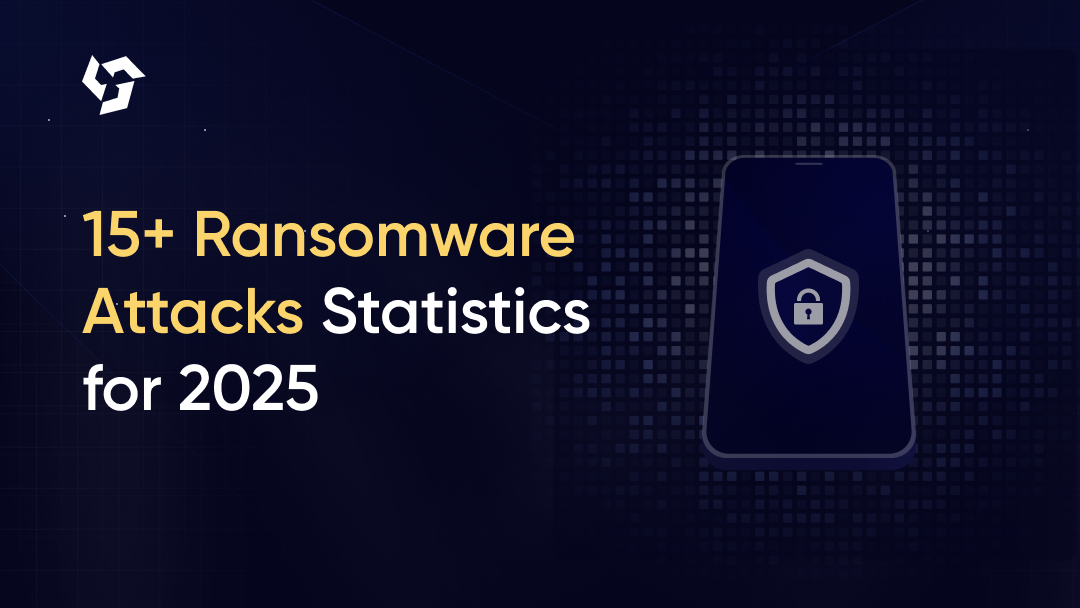
.png)
.png)
.png)
.png)
.png)
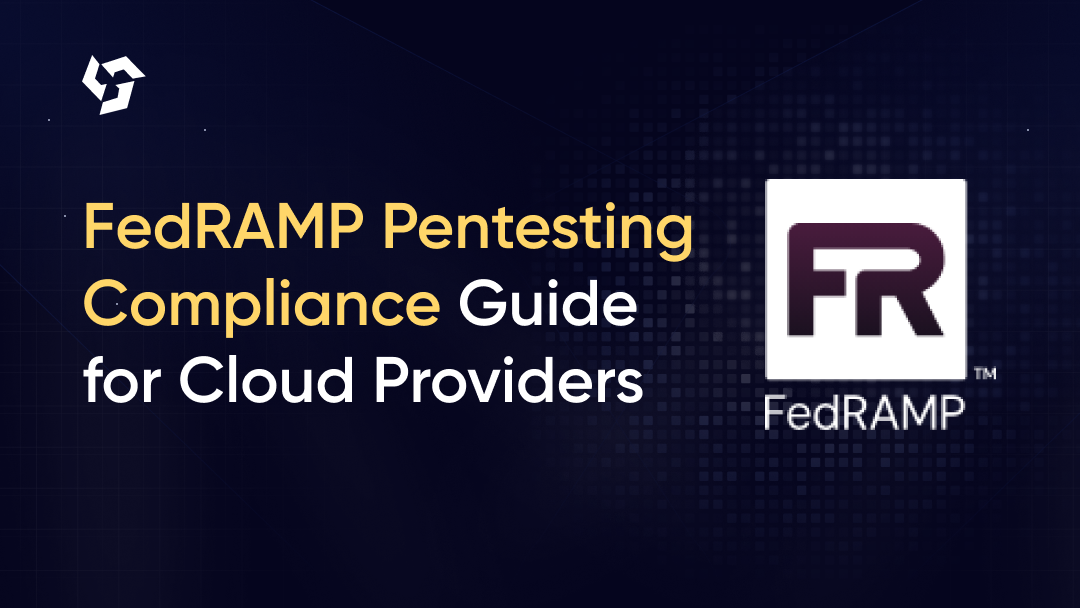
.png)
.png)
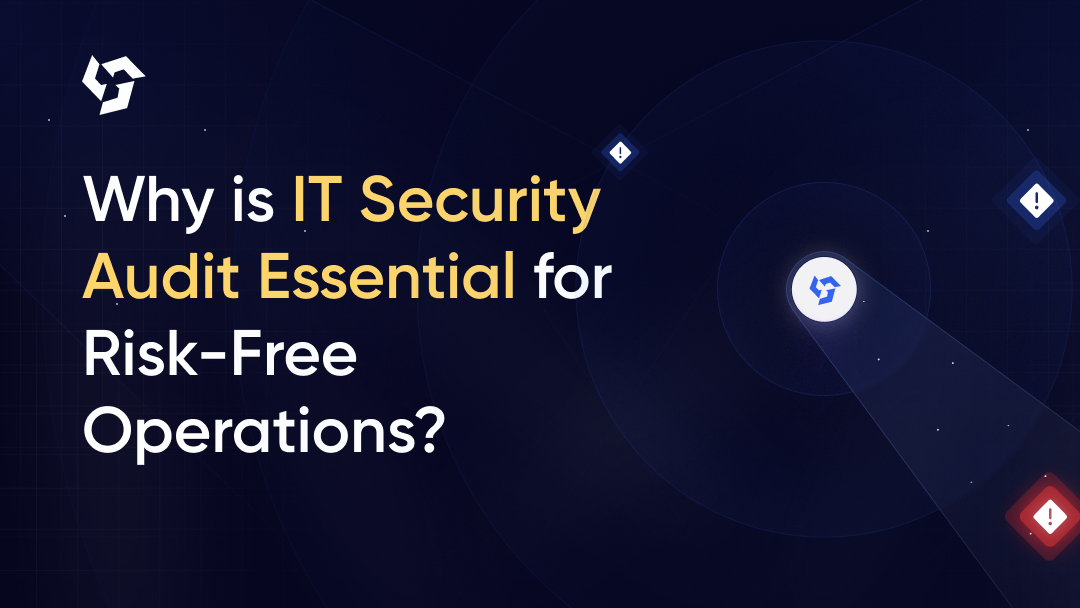

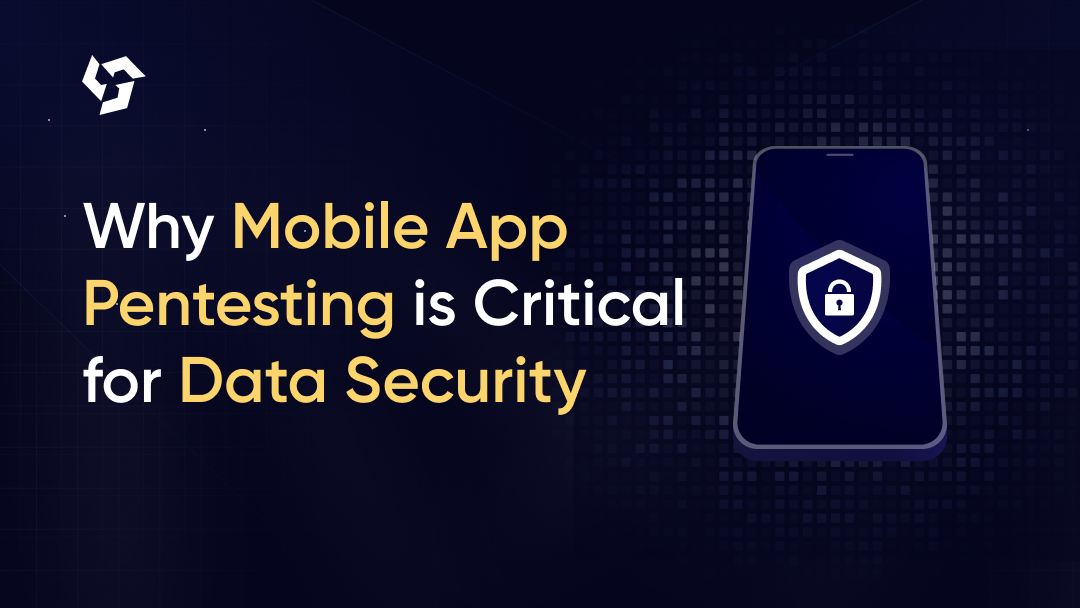
.png)
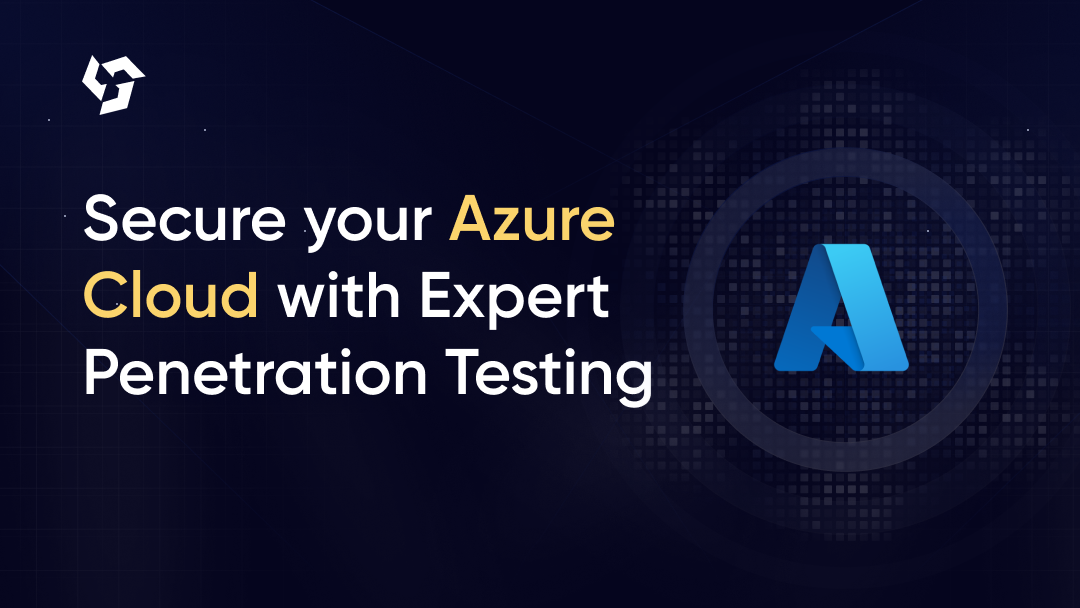
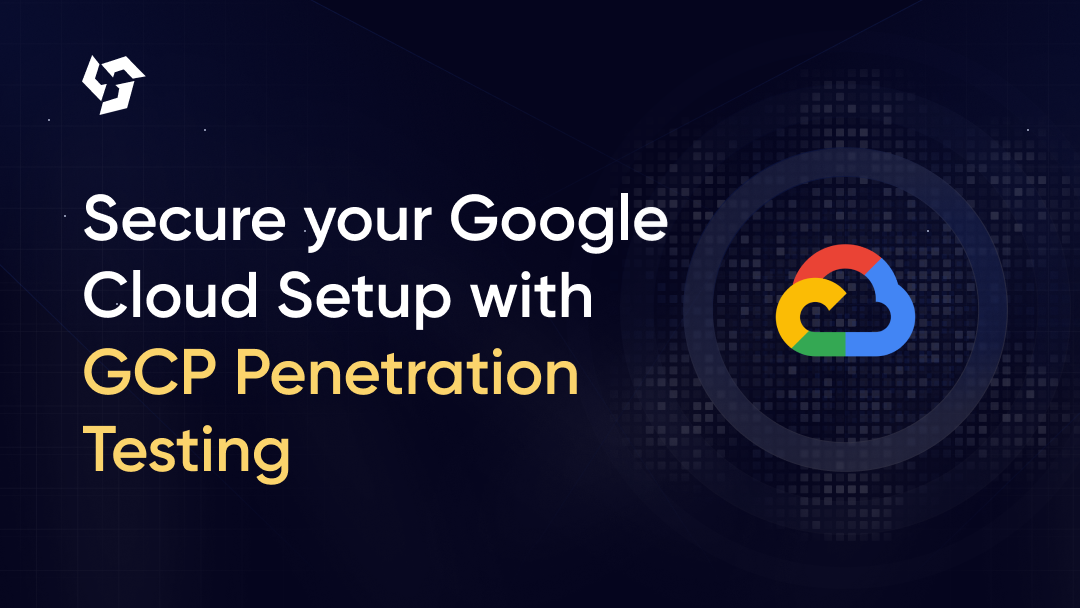
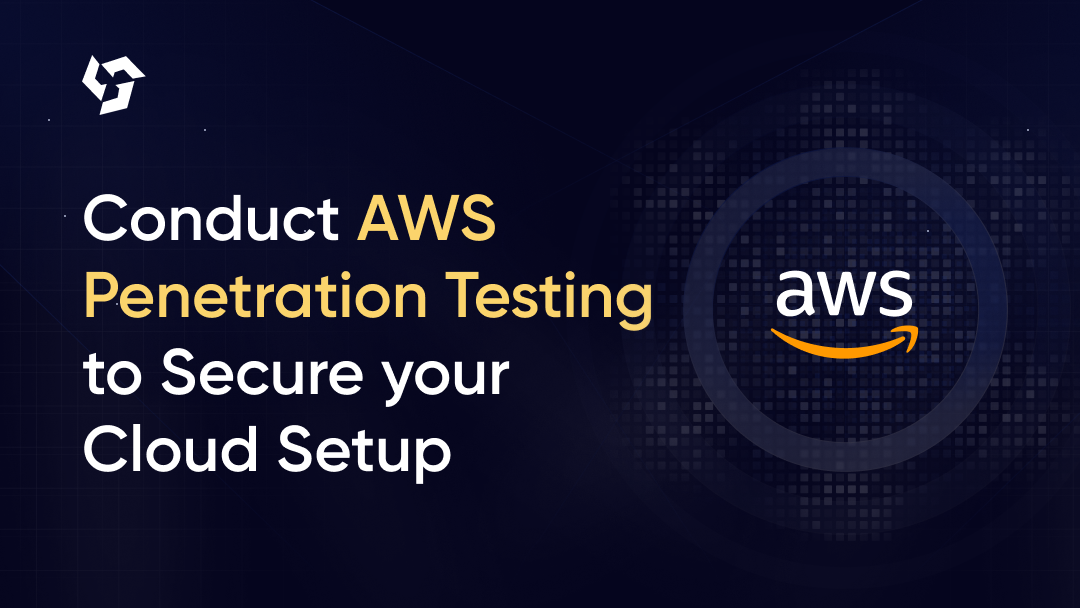
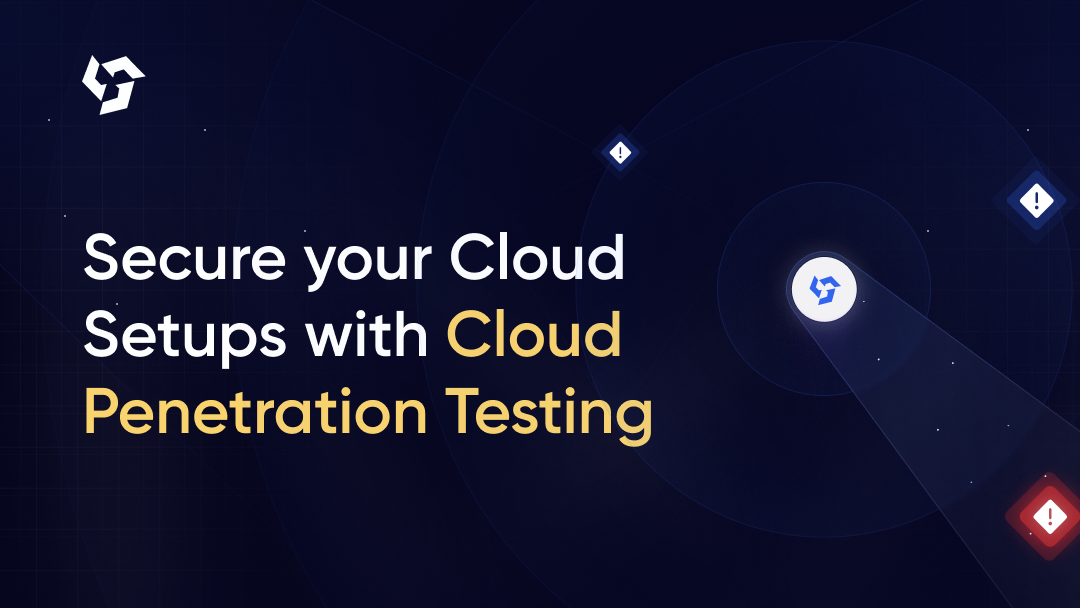
.png)
.png)
.png)
.png)
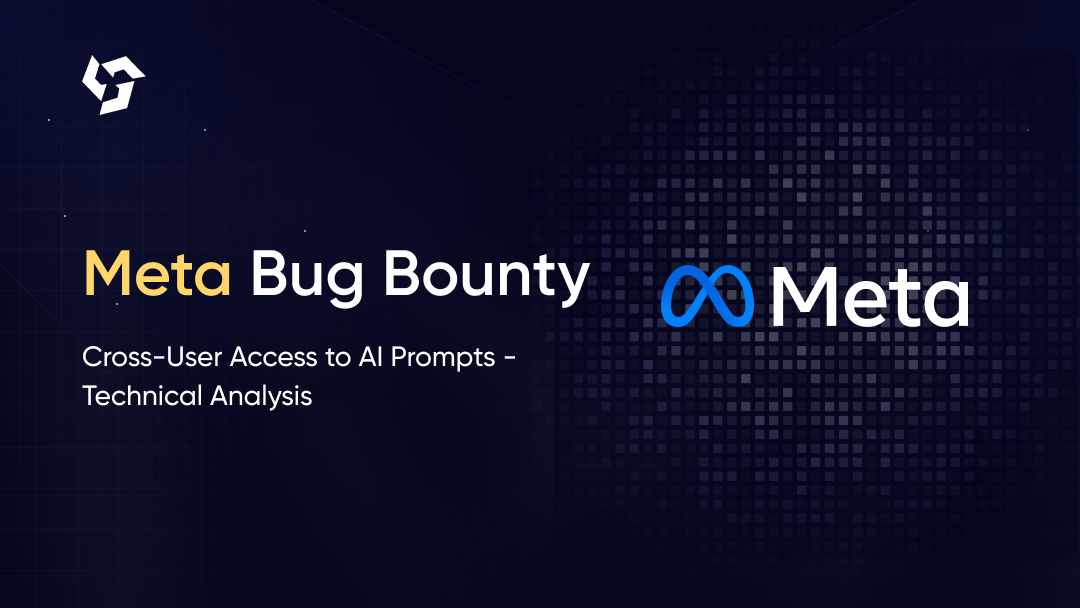
.png)
.png)
.png)

.png)
.png)
.png)
.png)
.png)

.png)








.webp)
